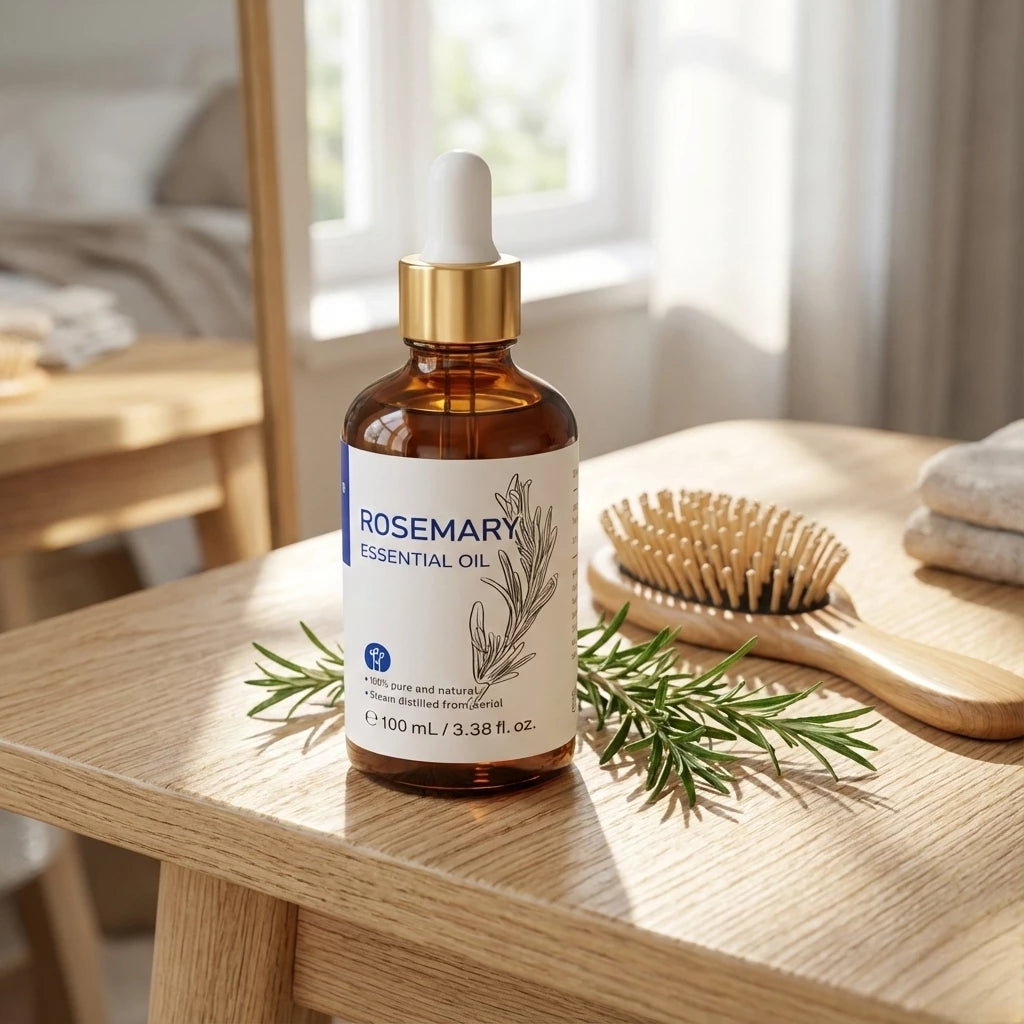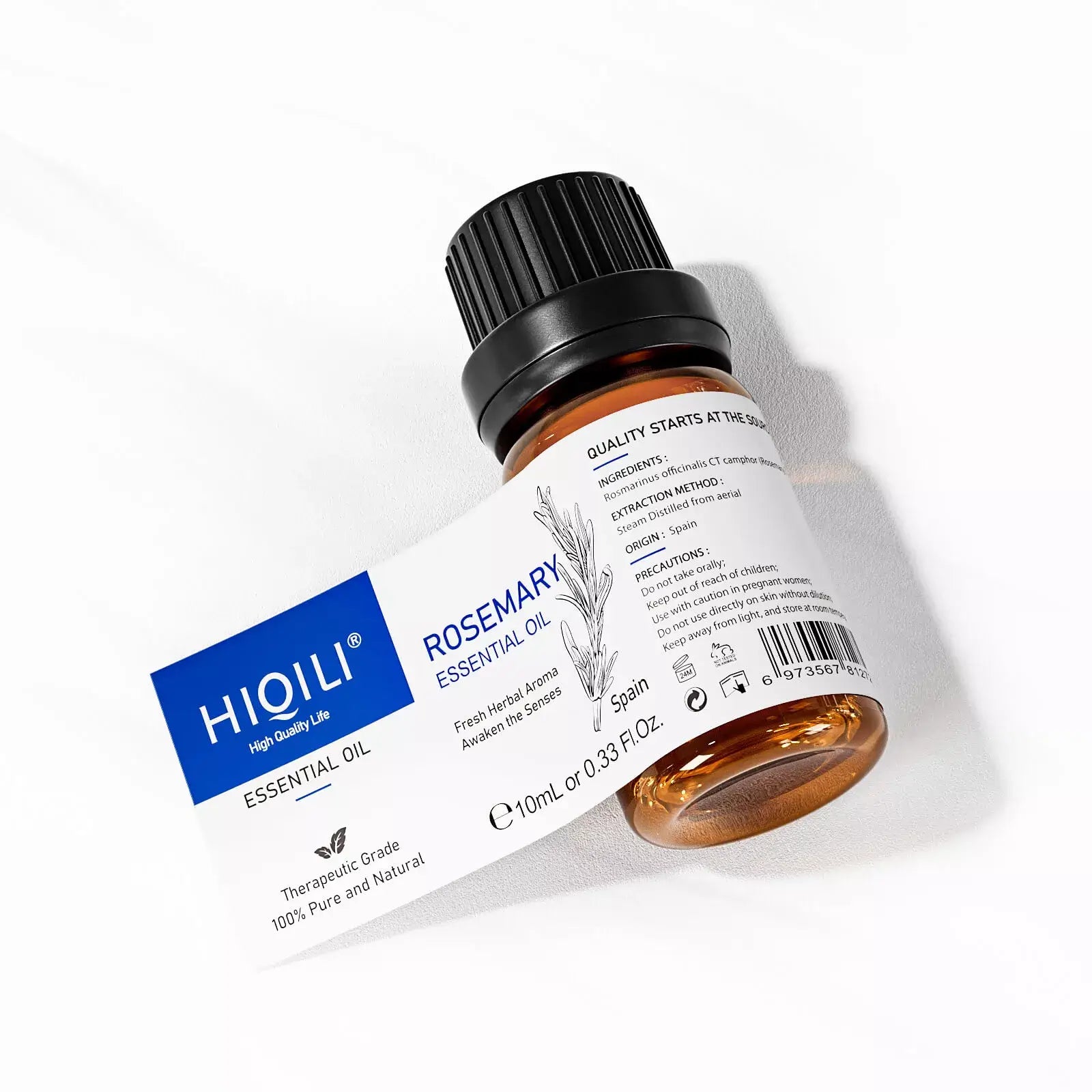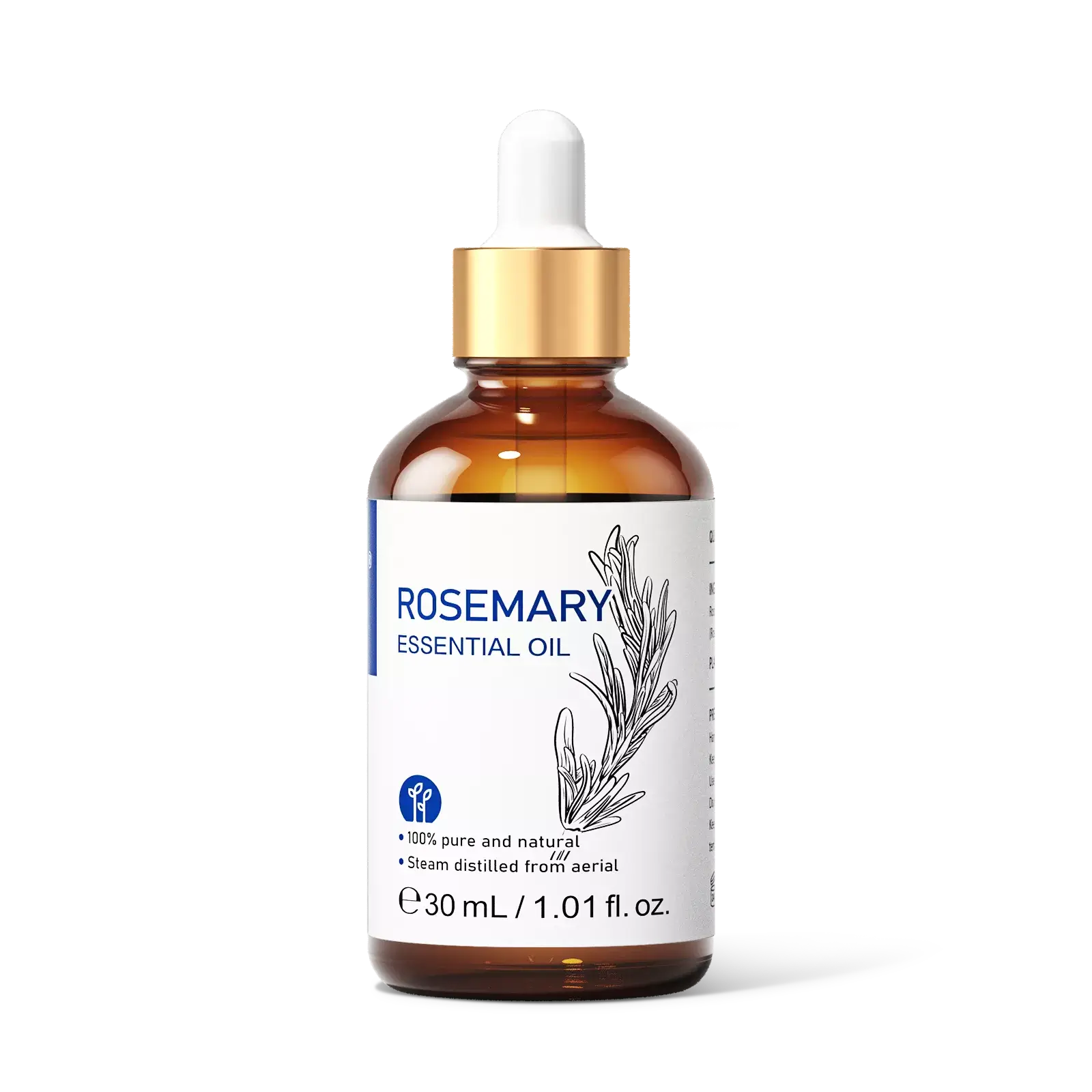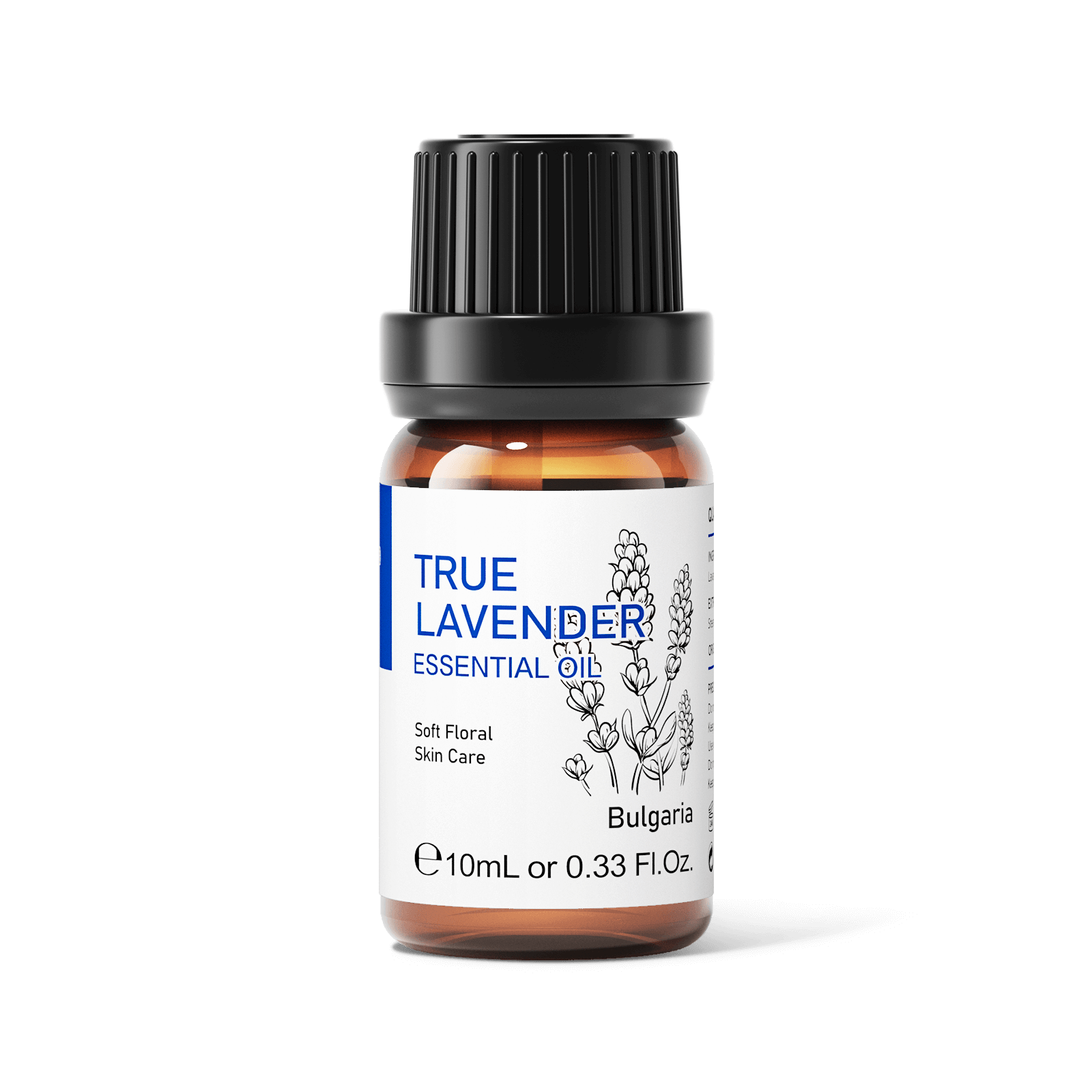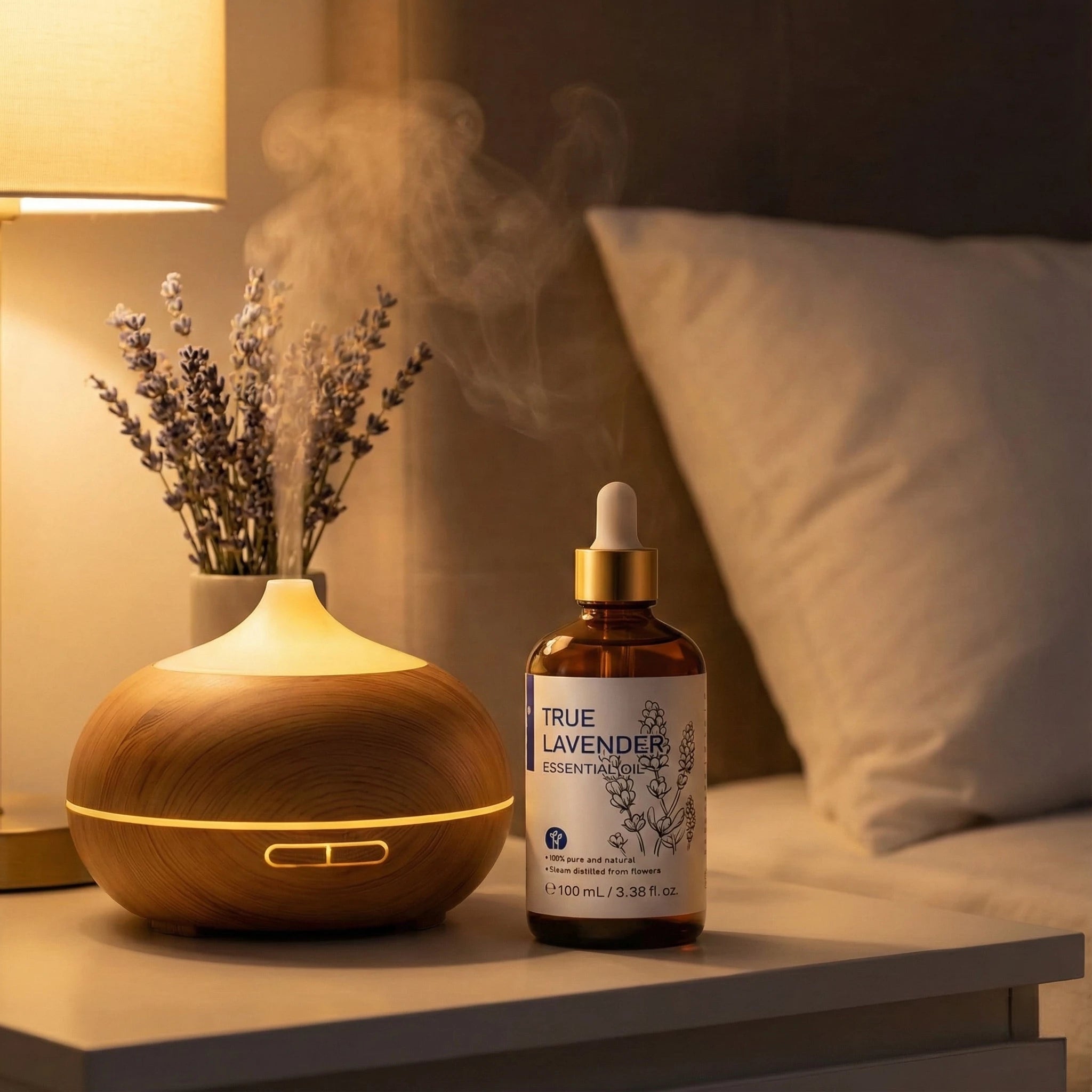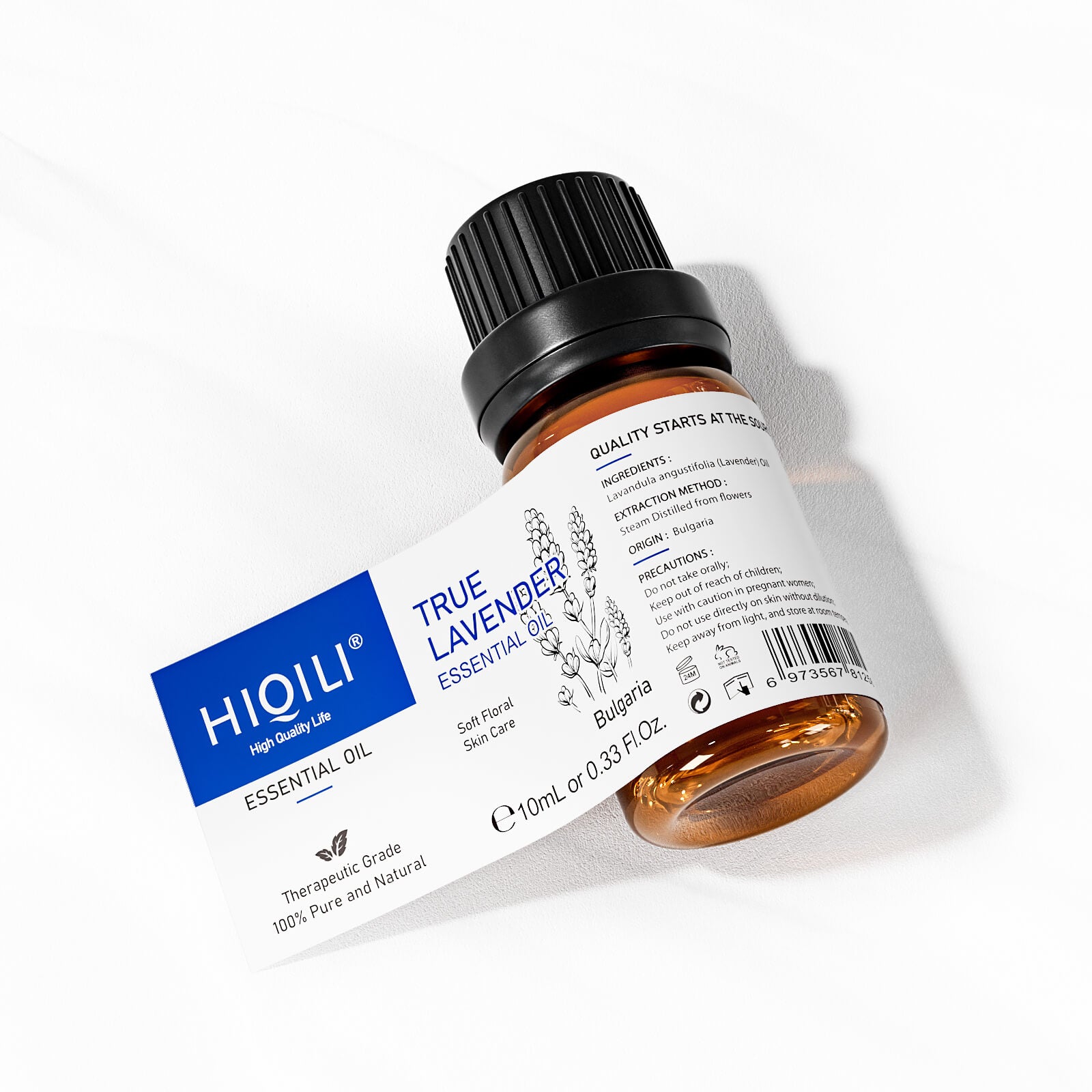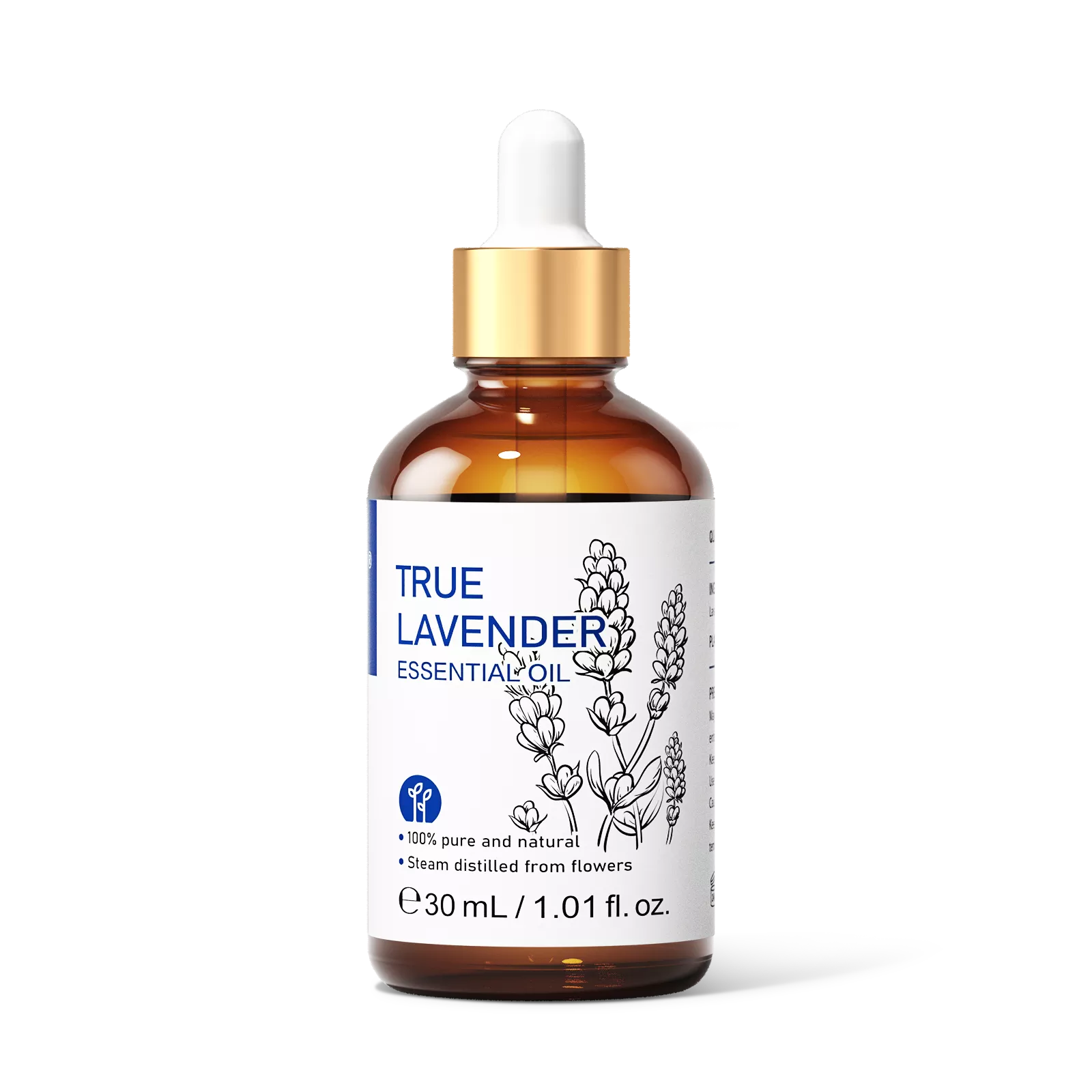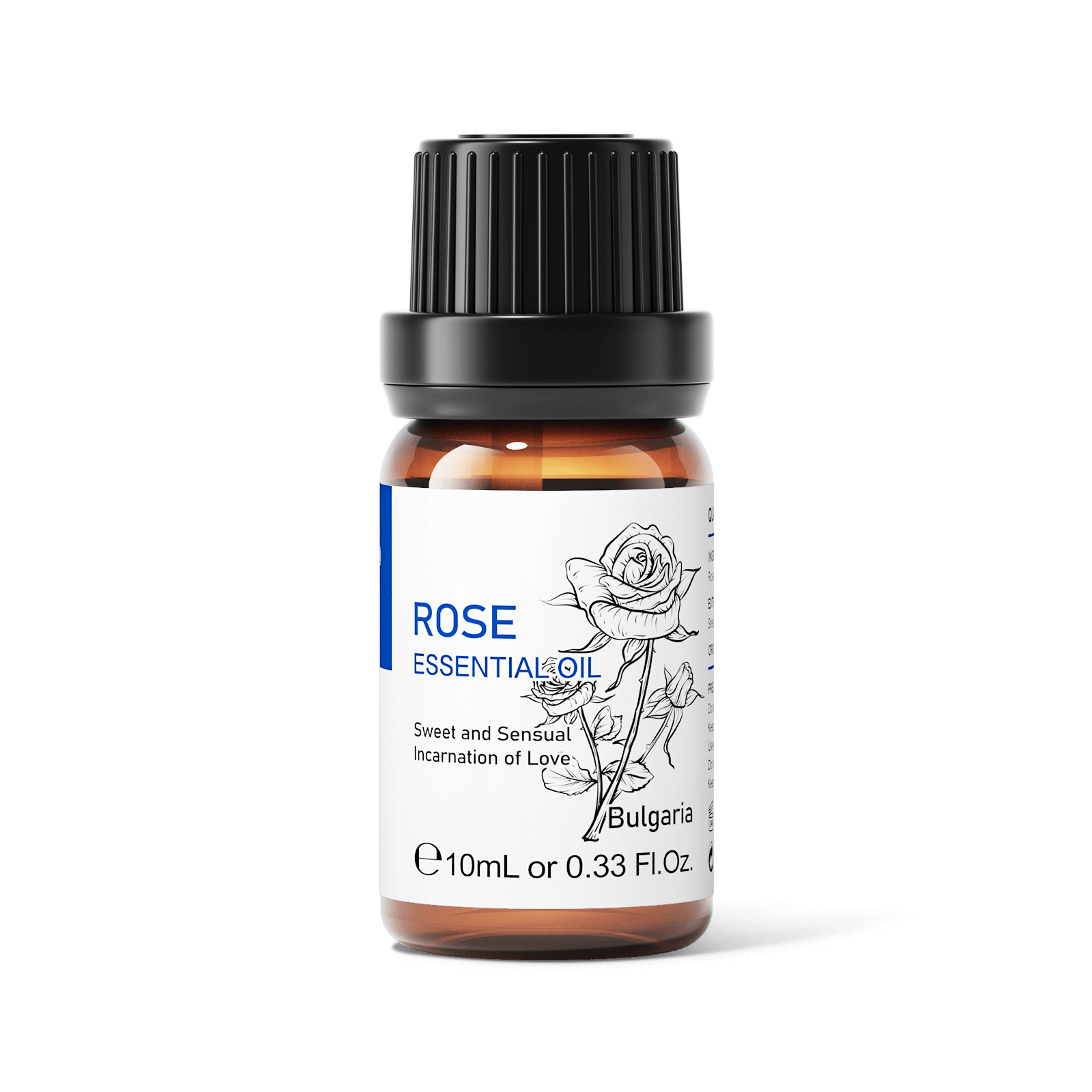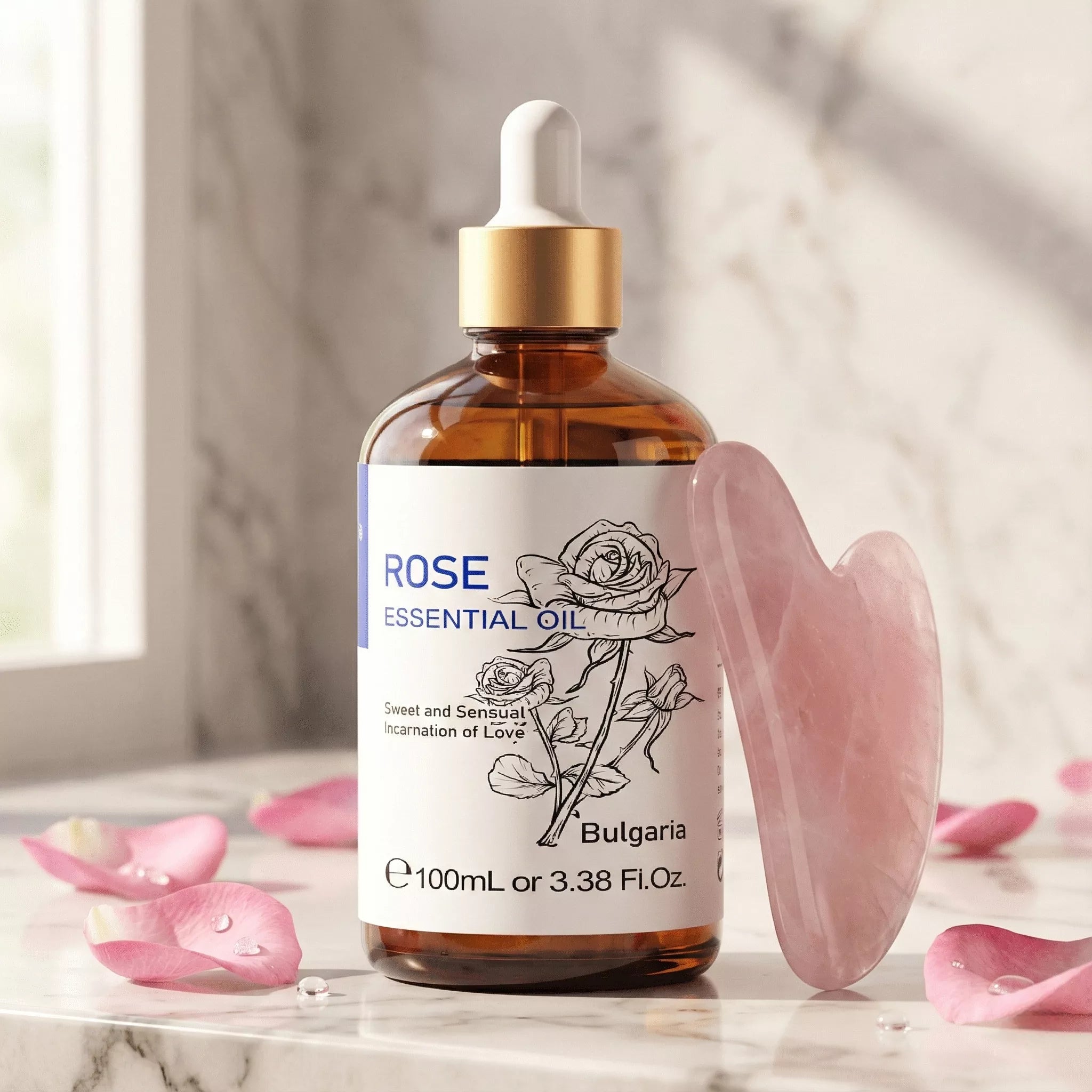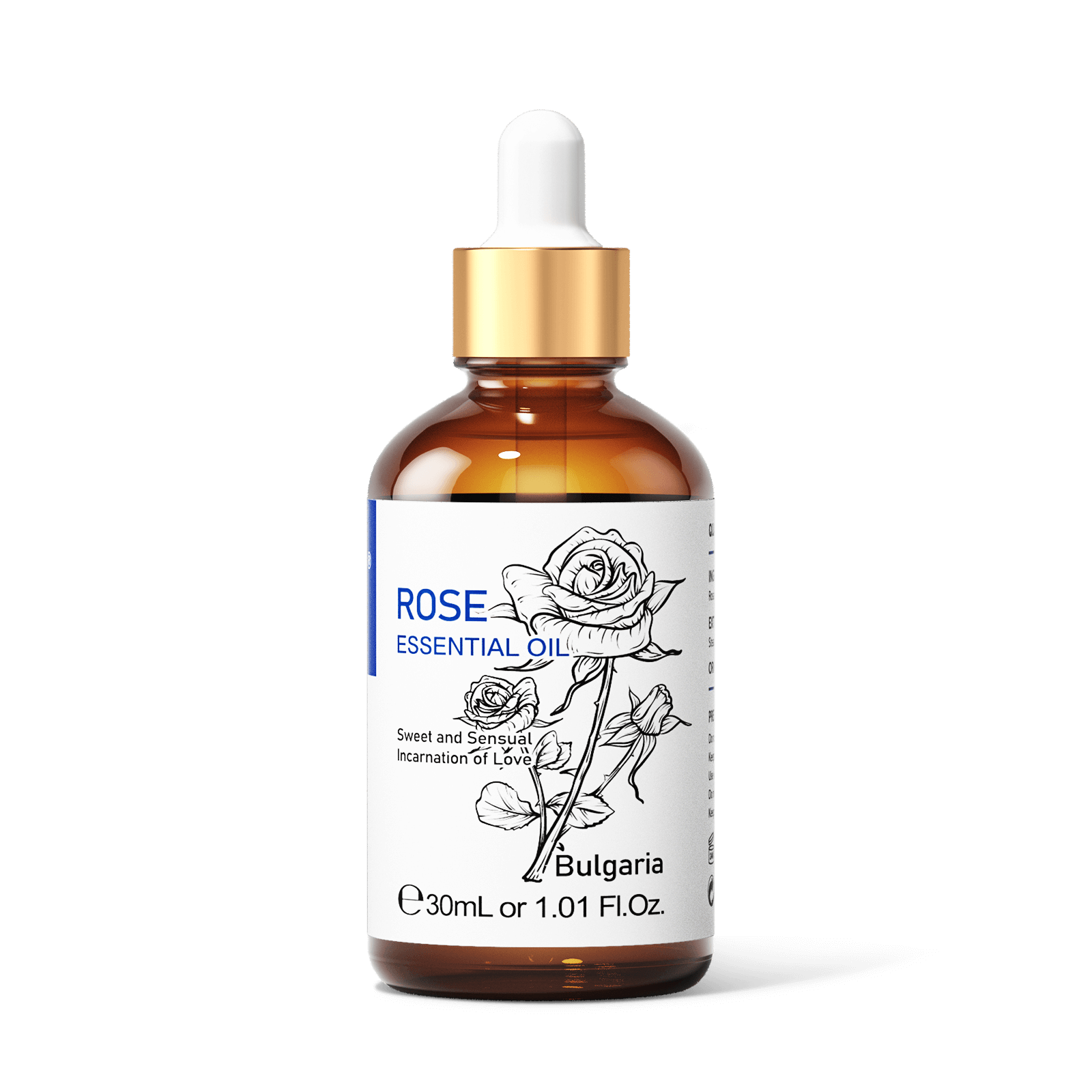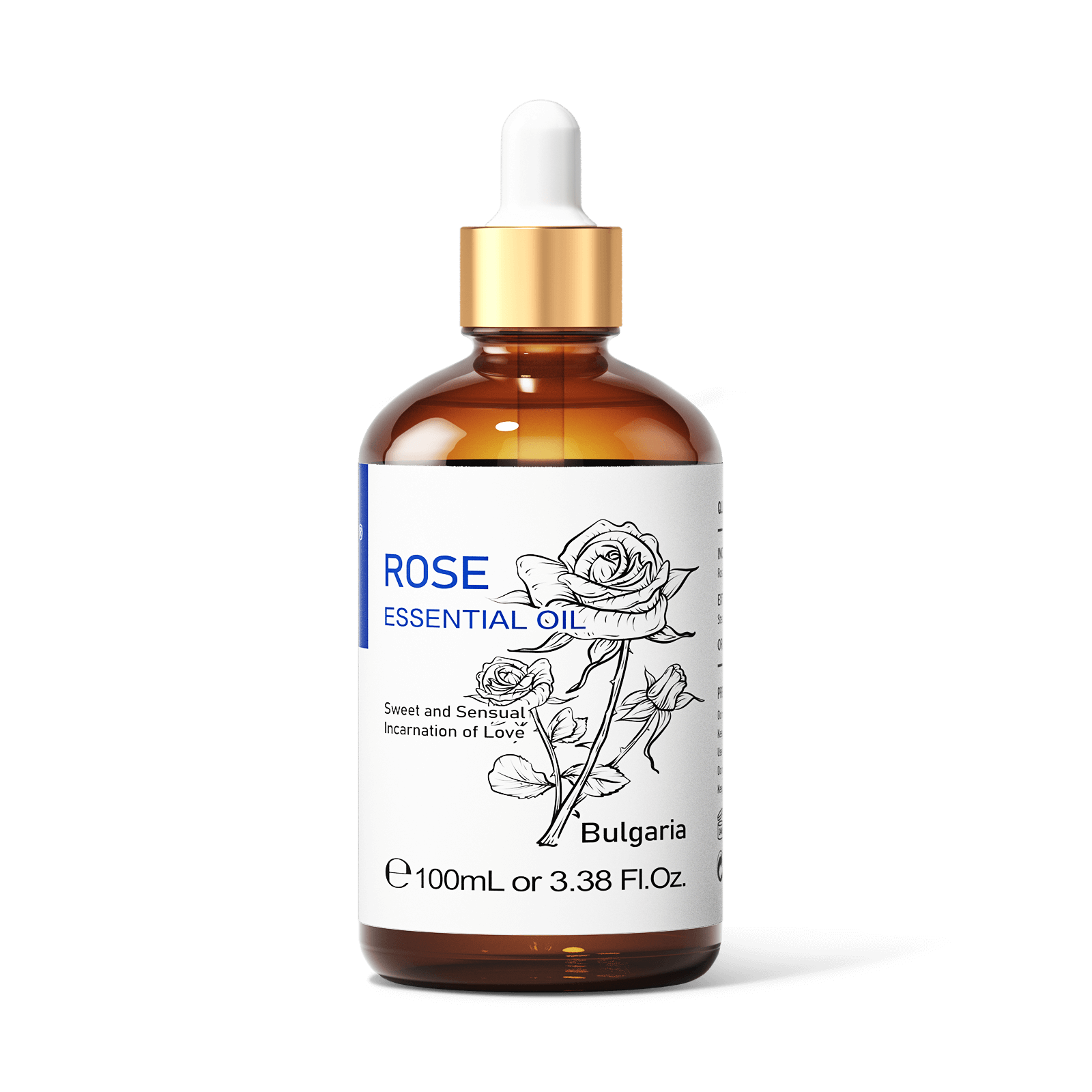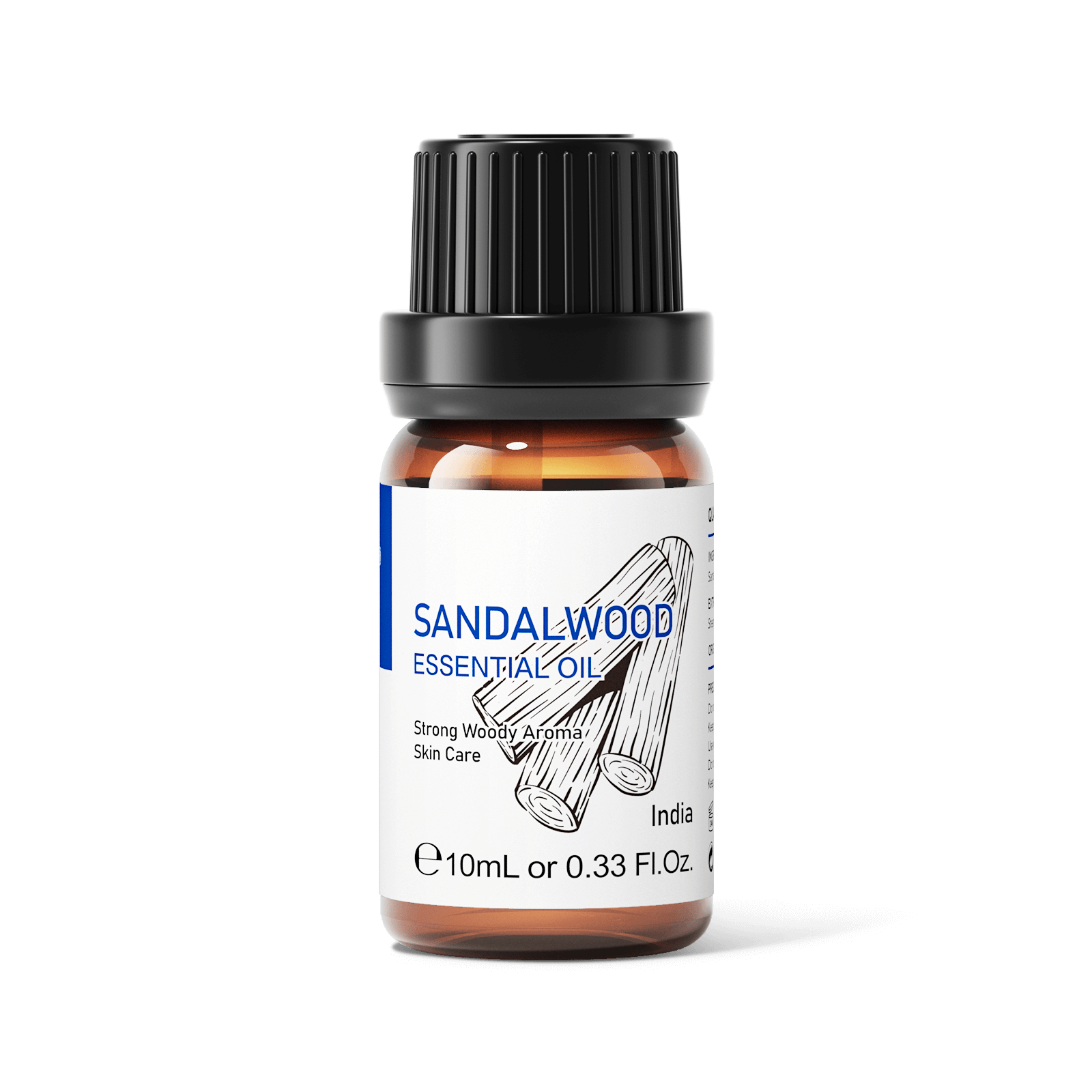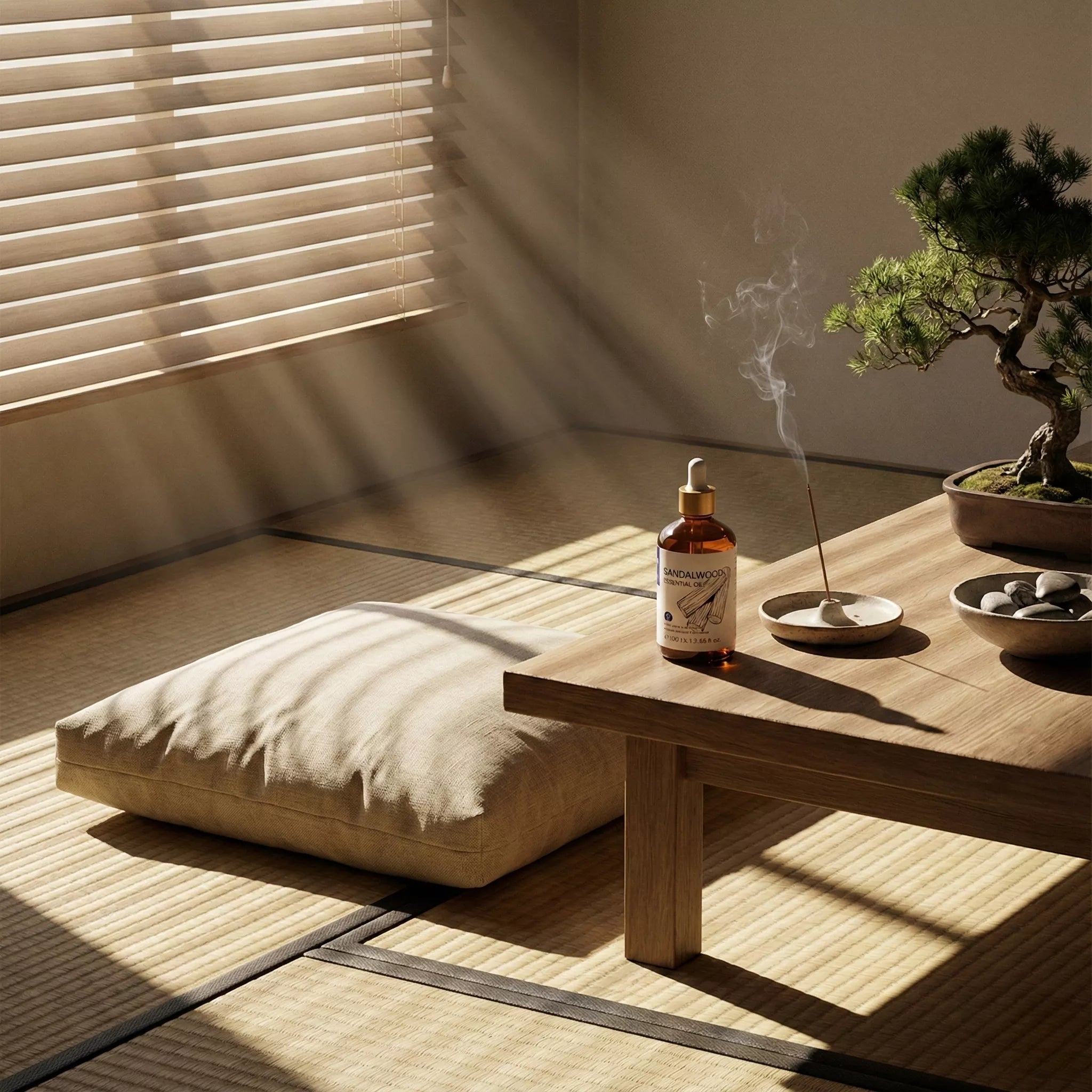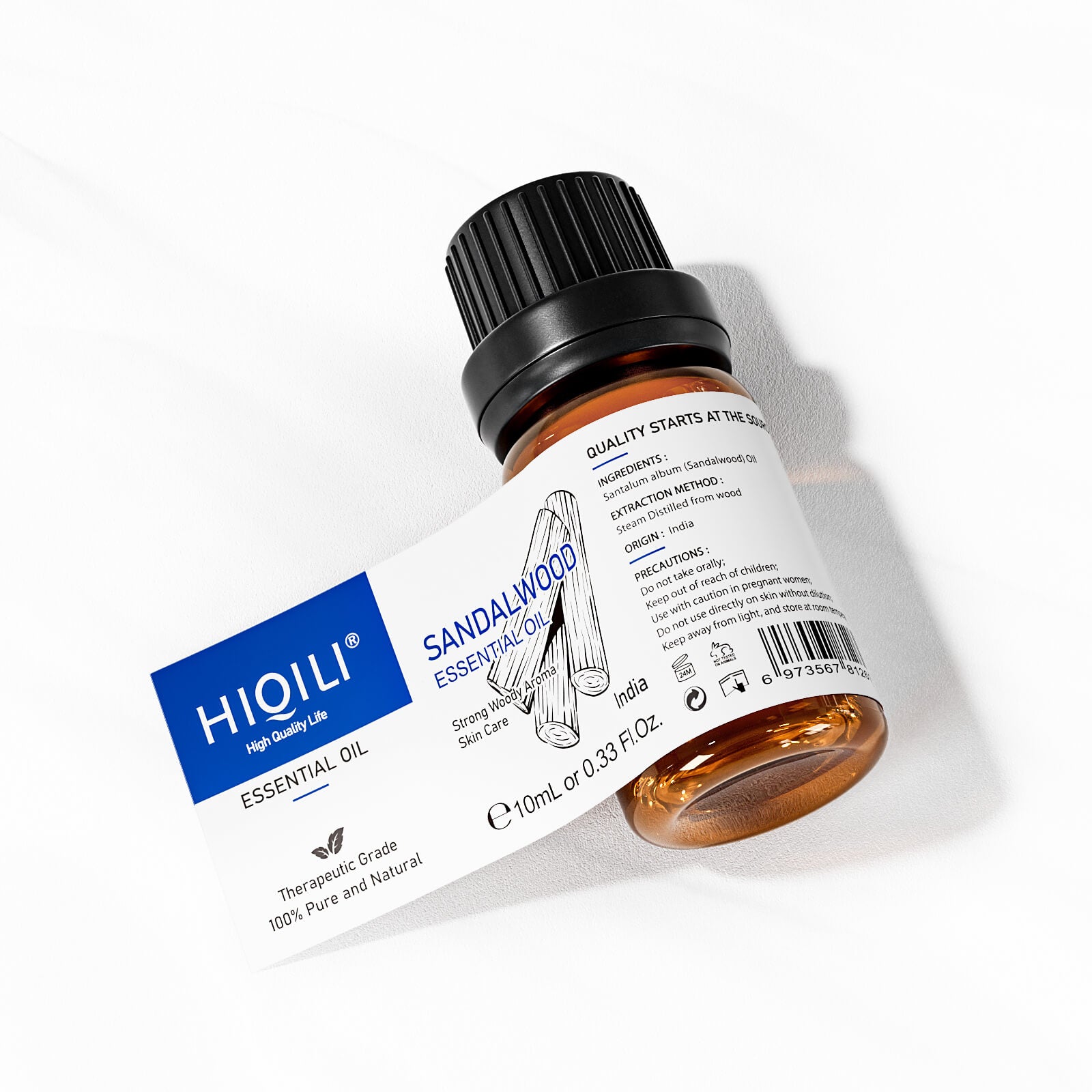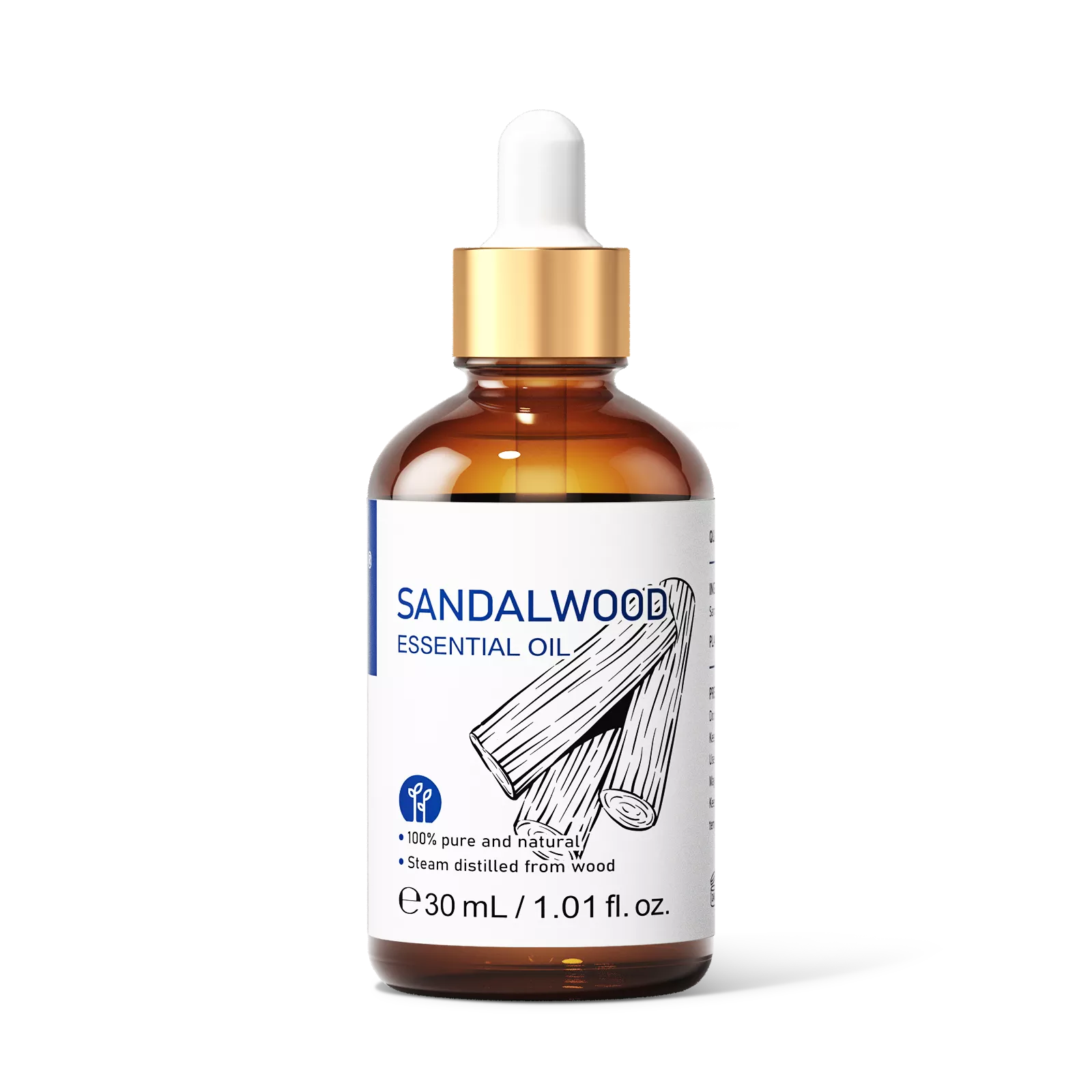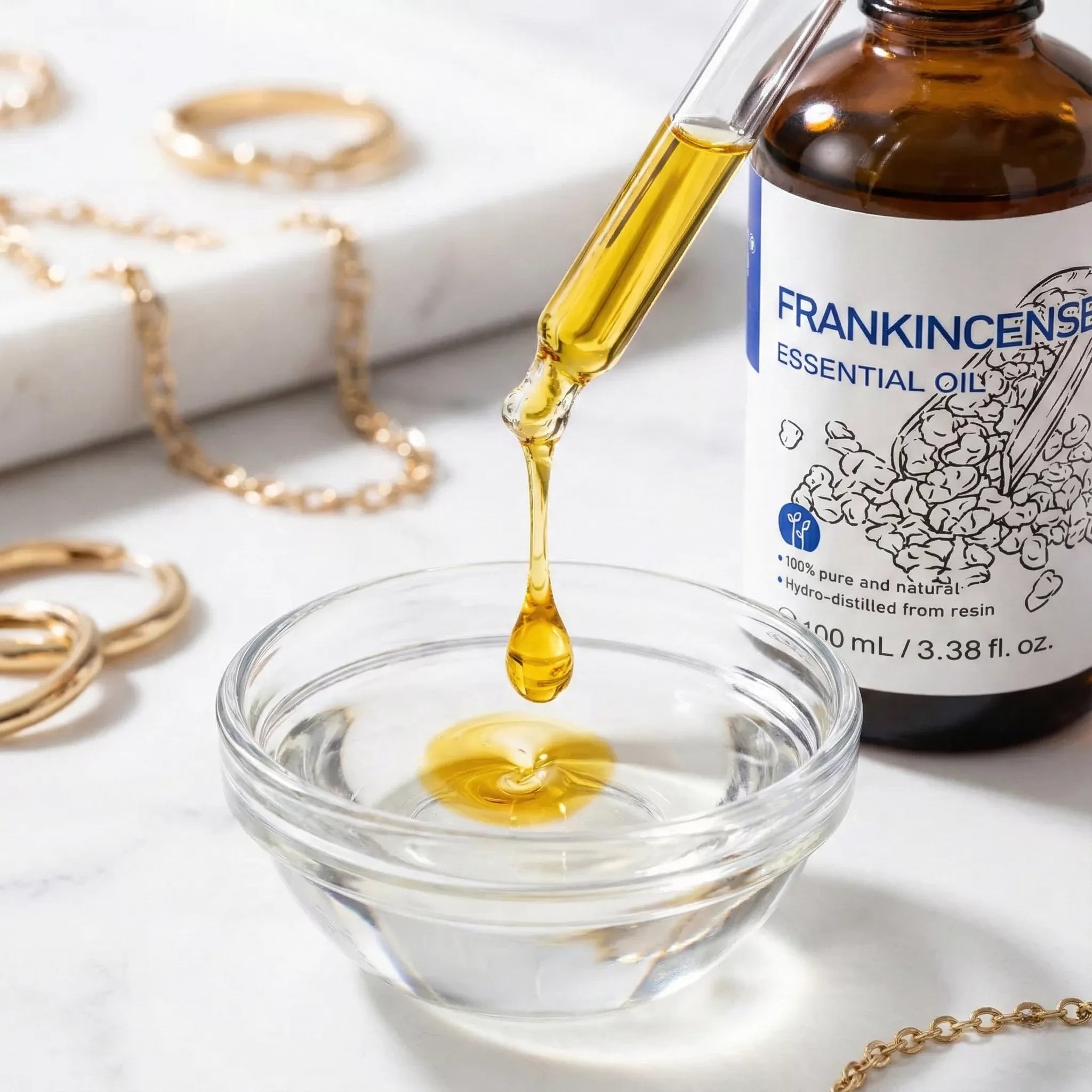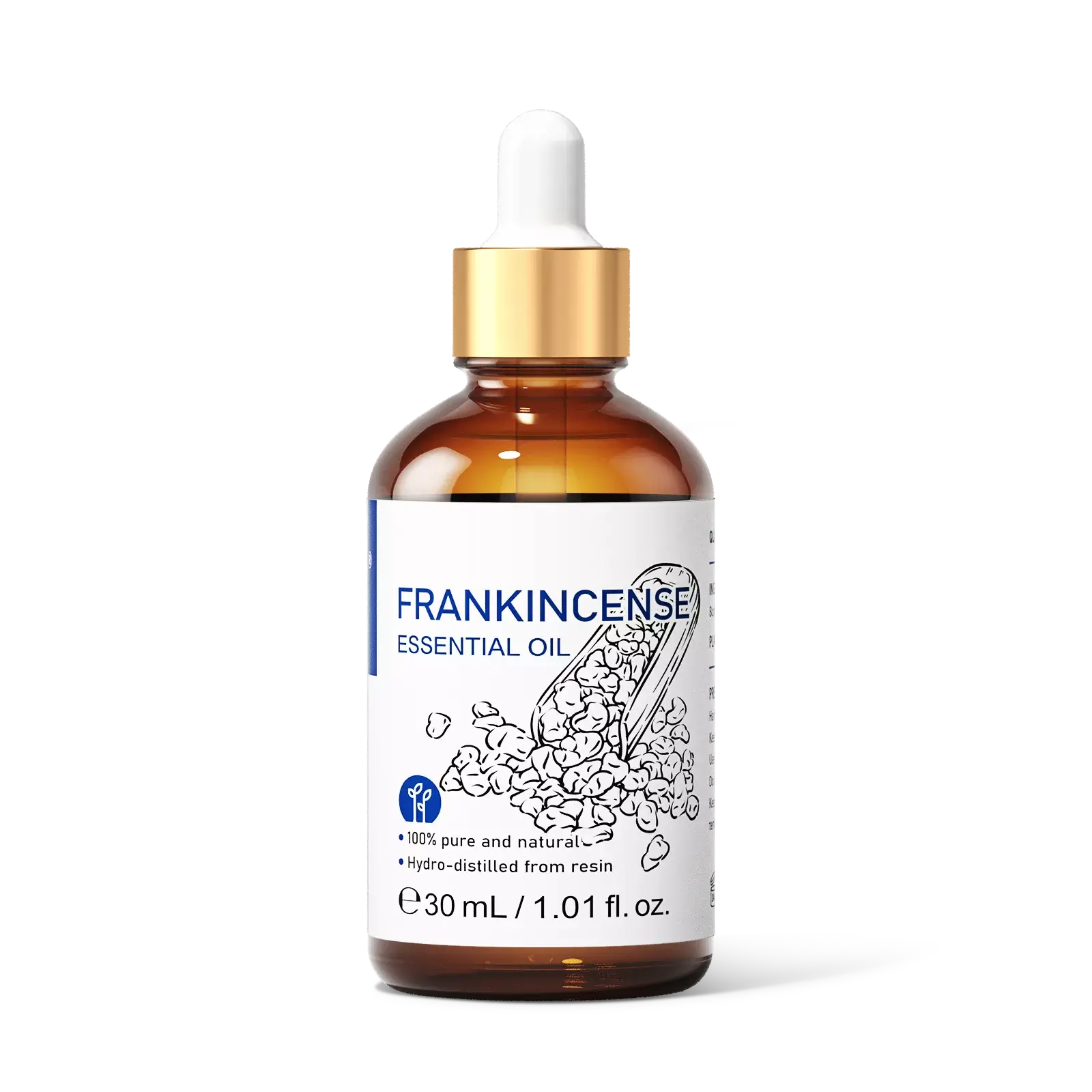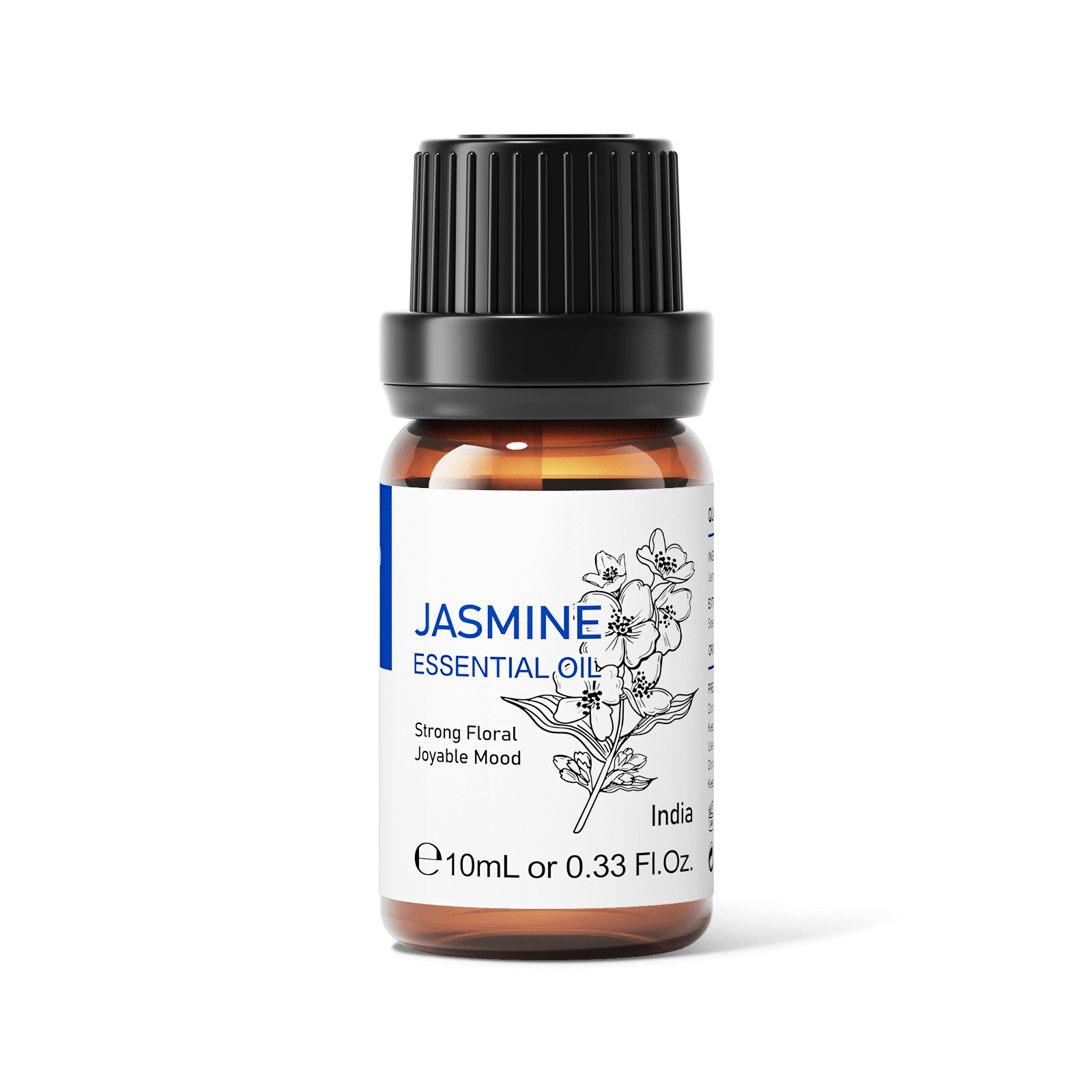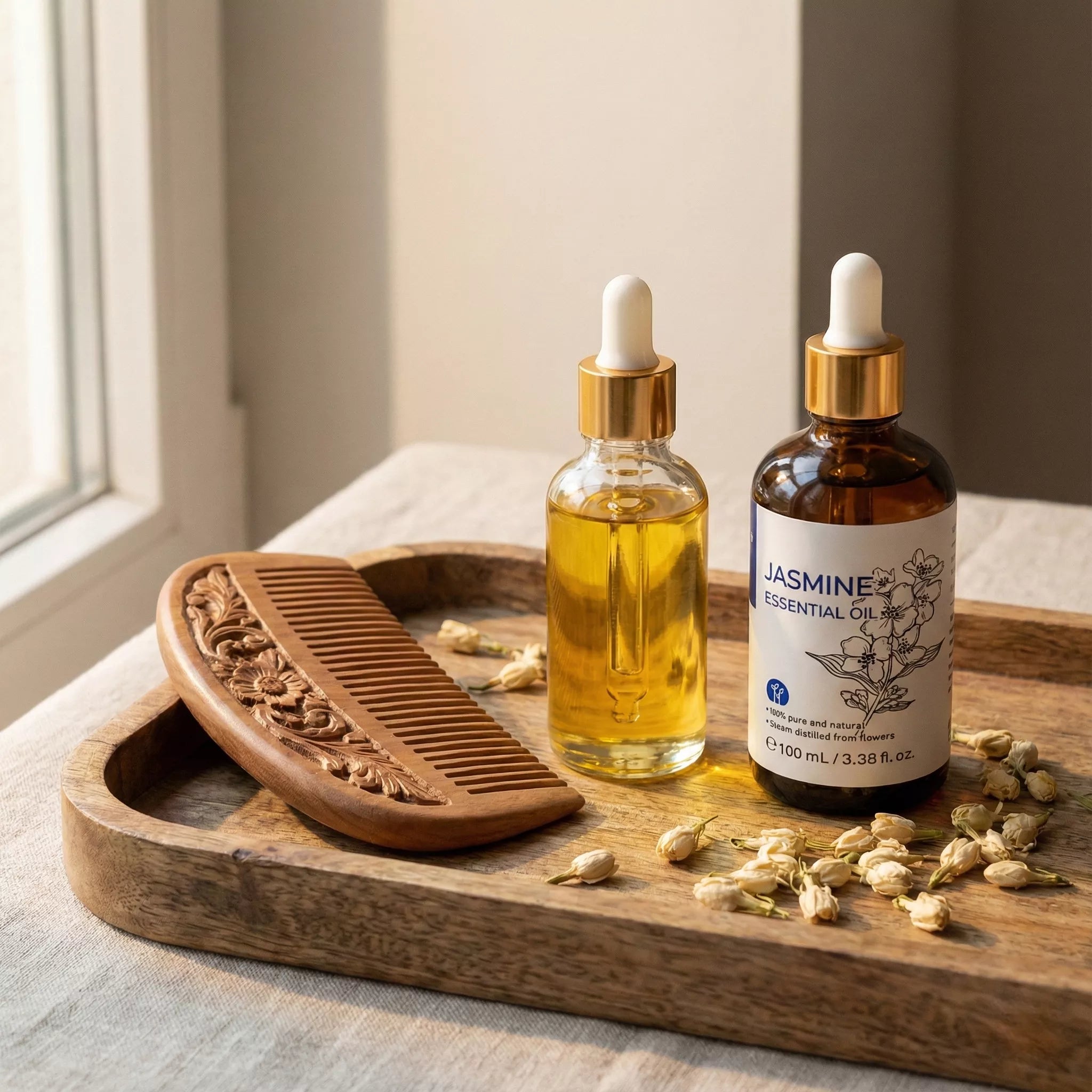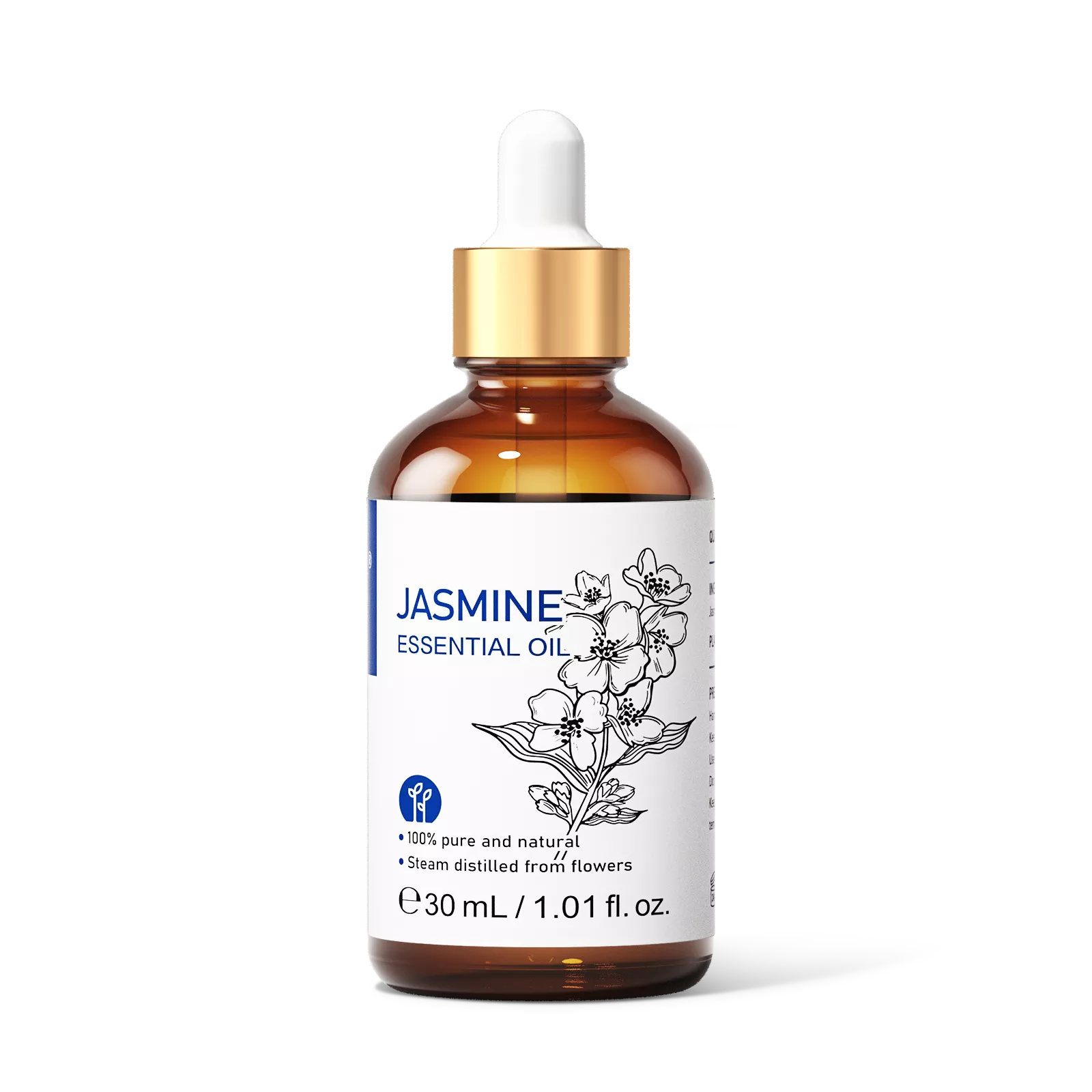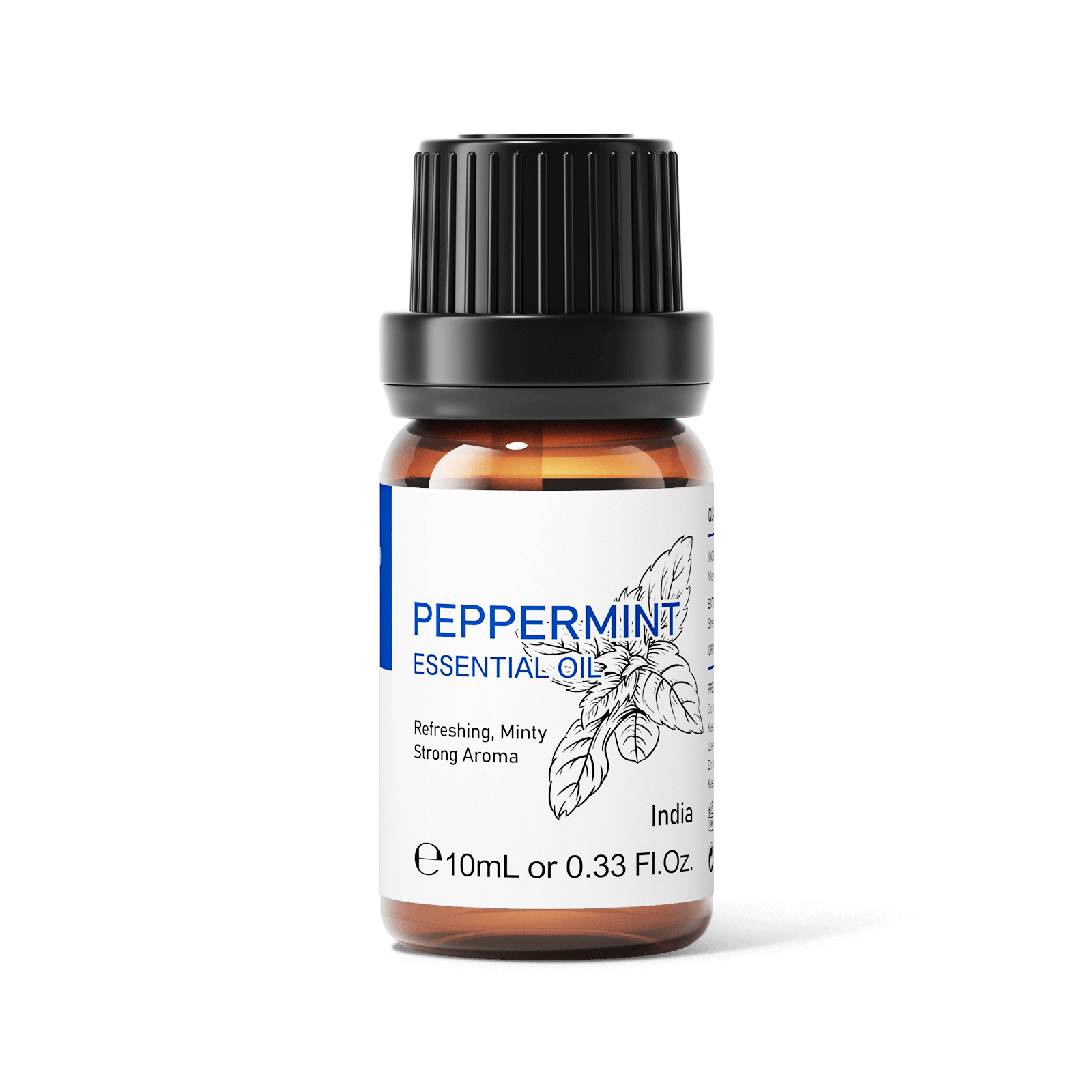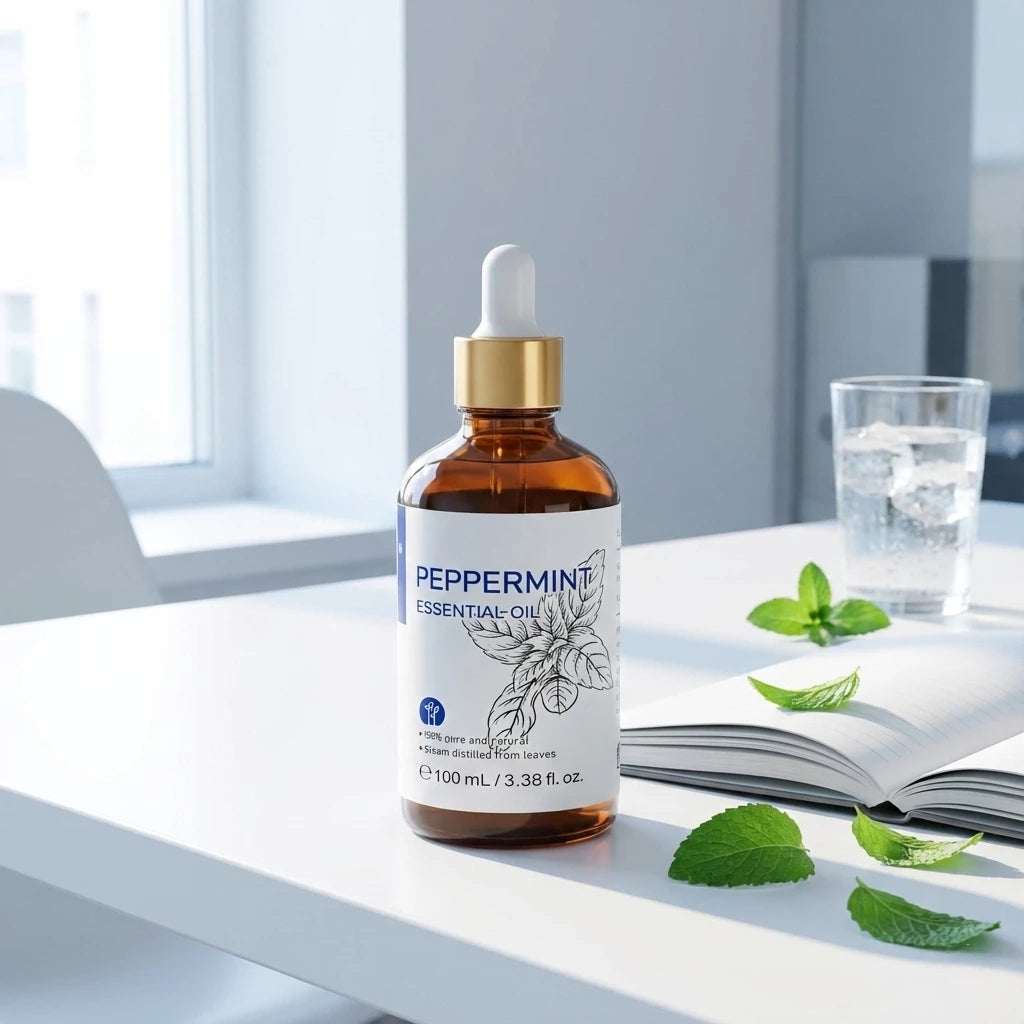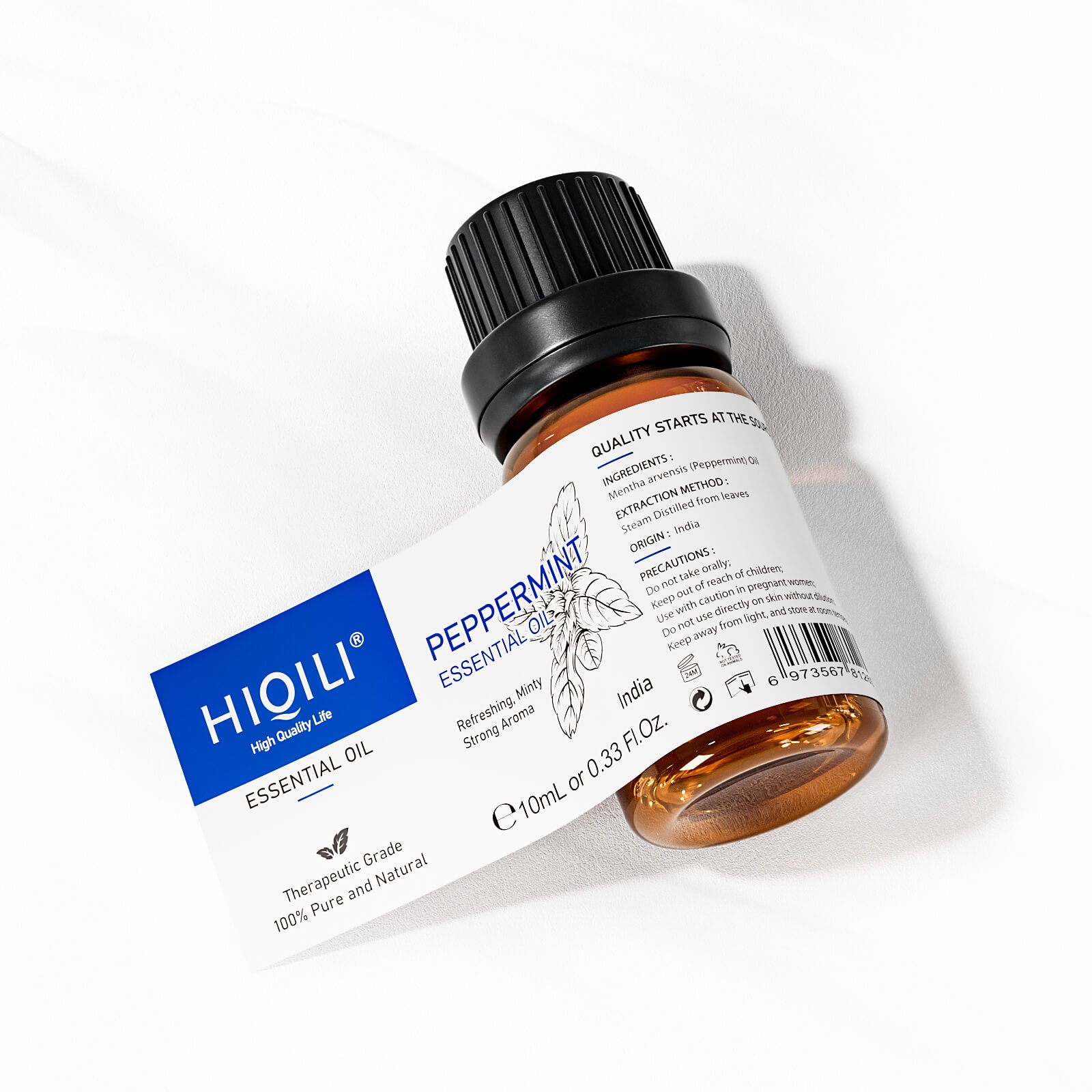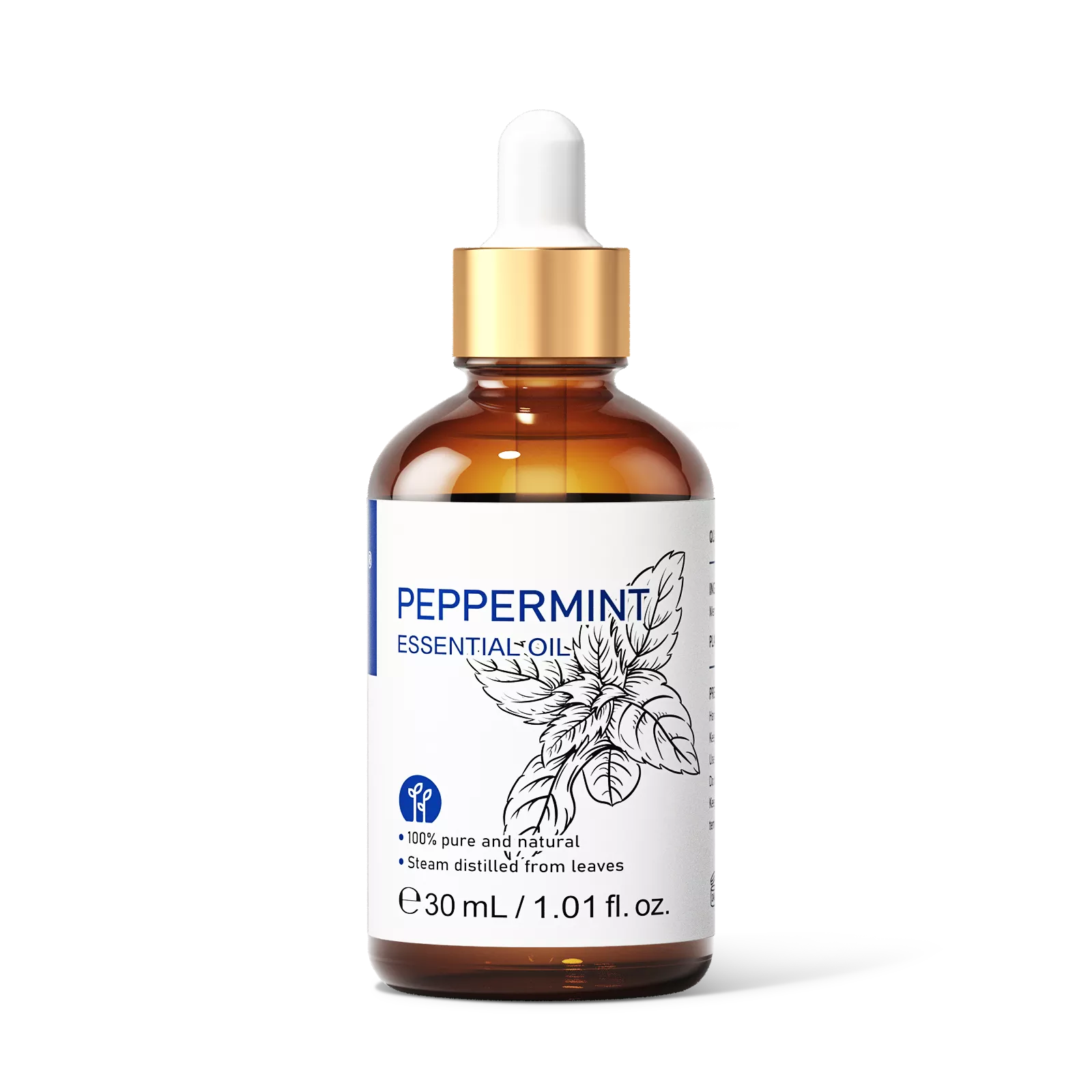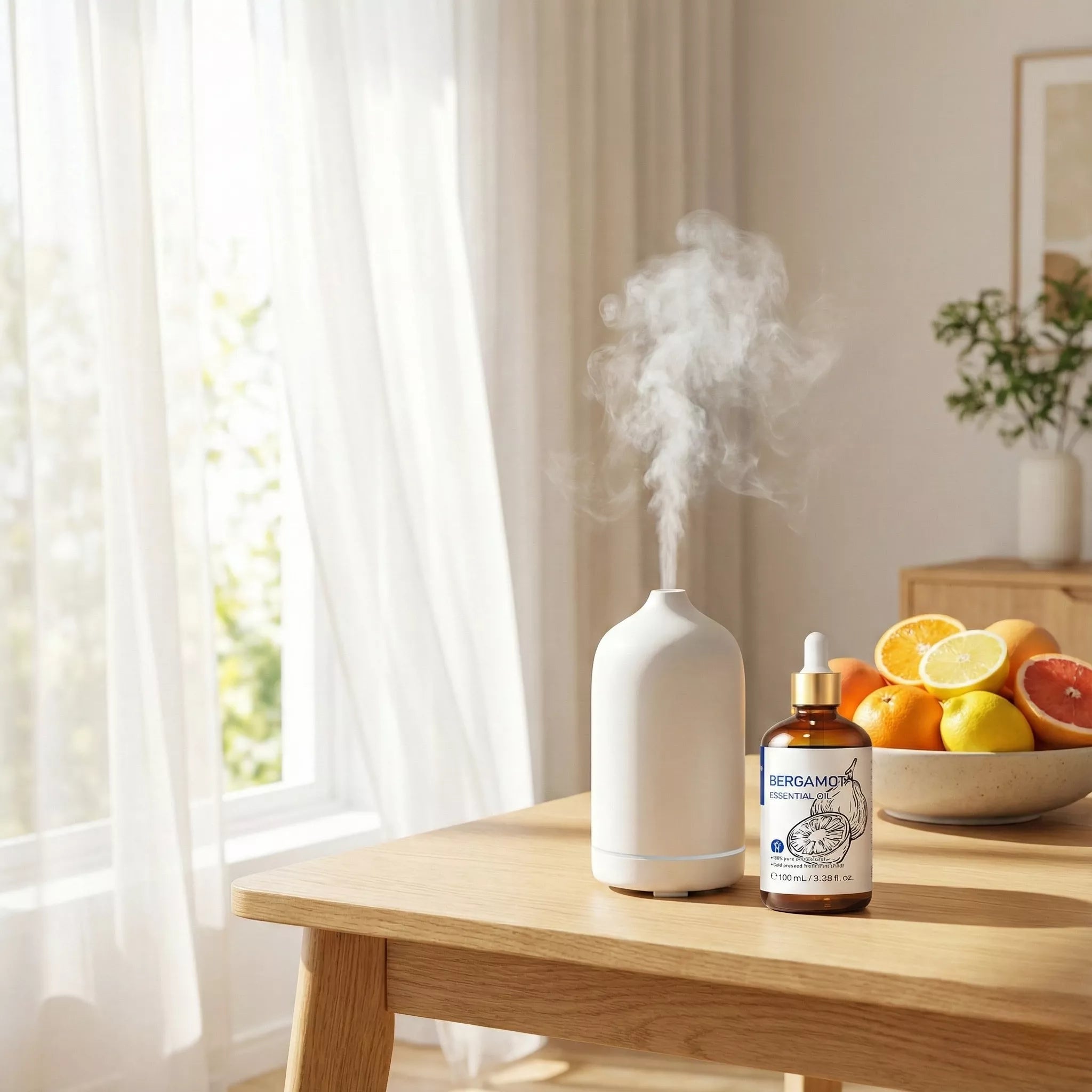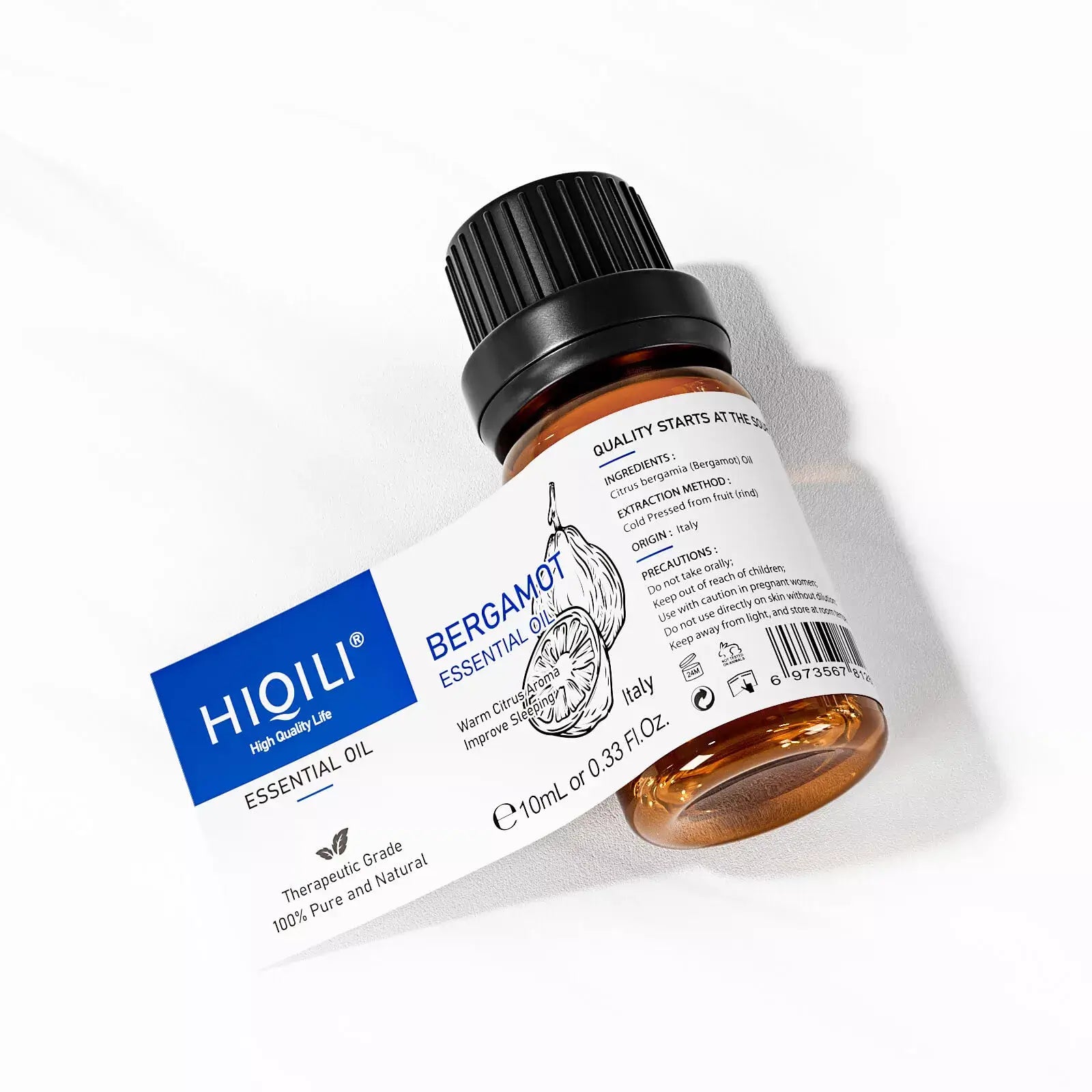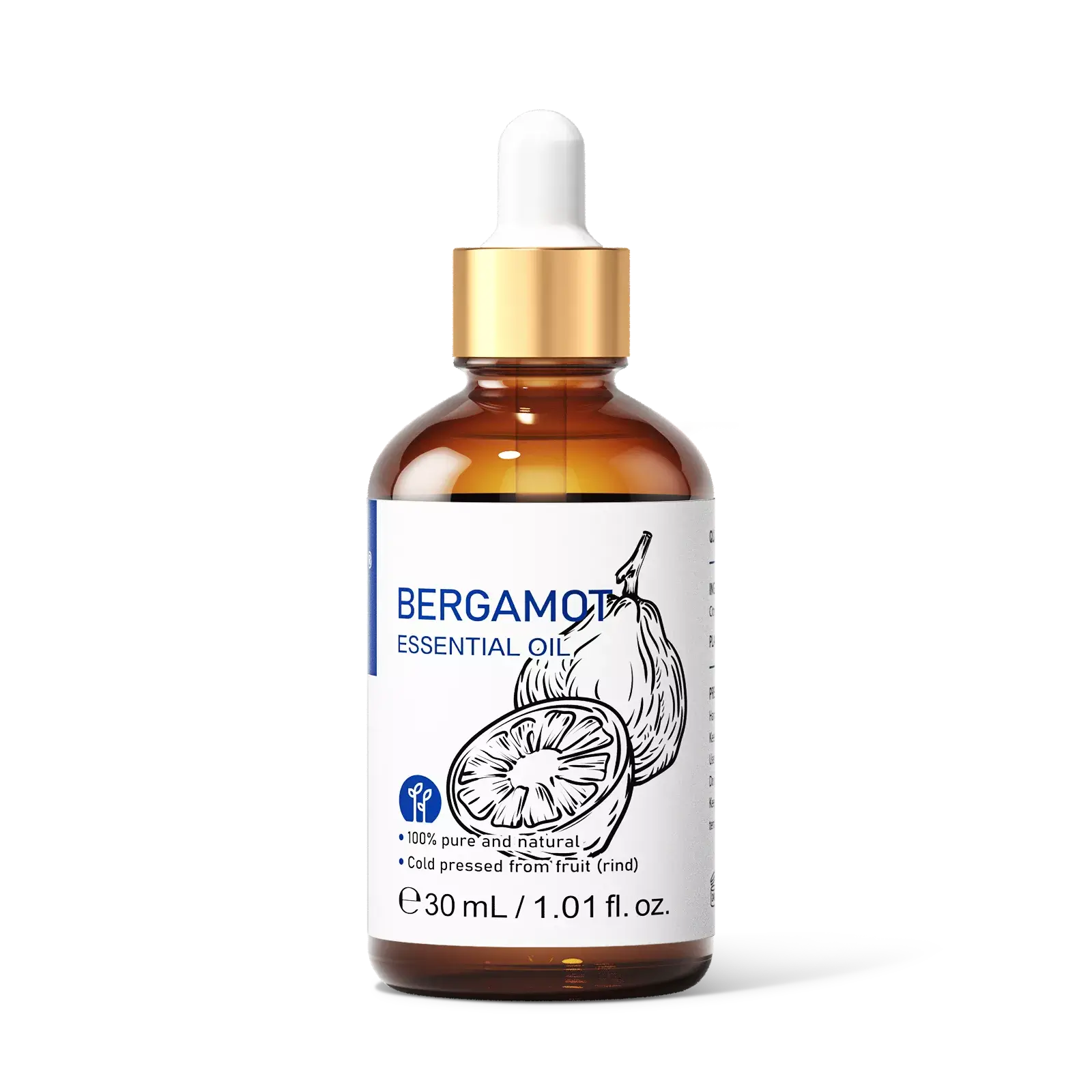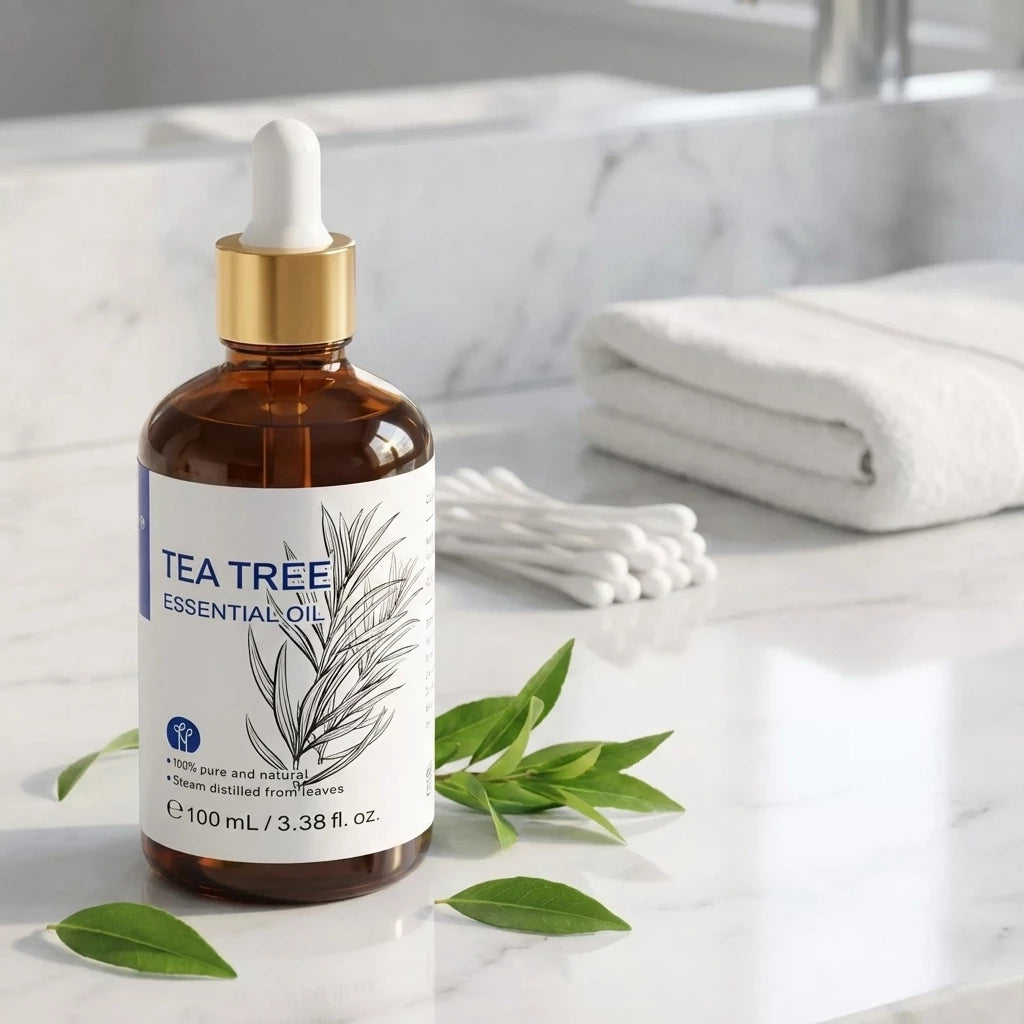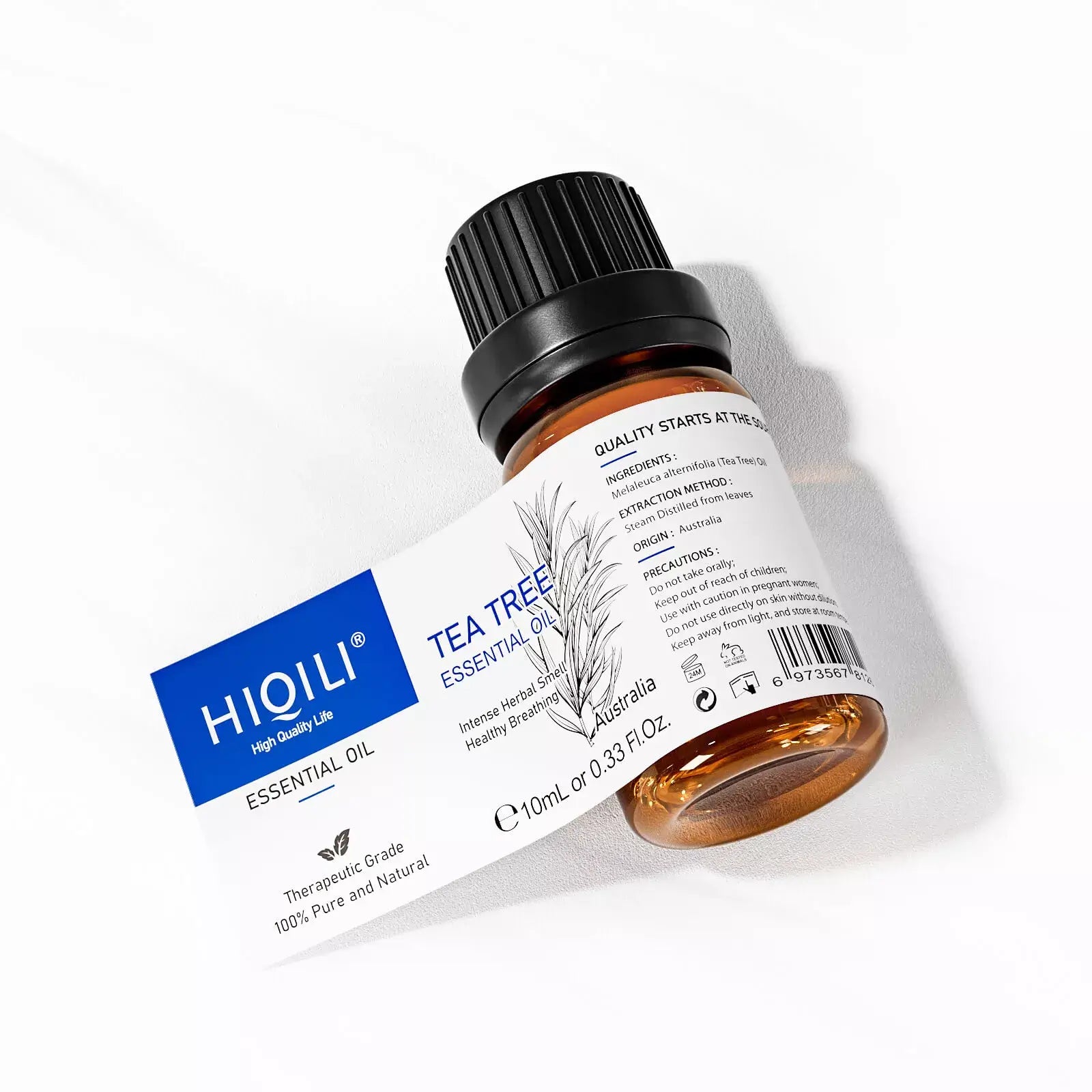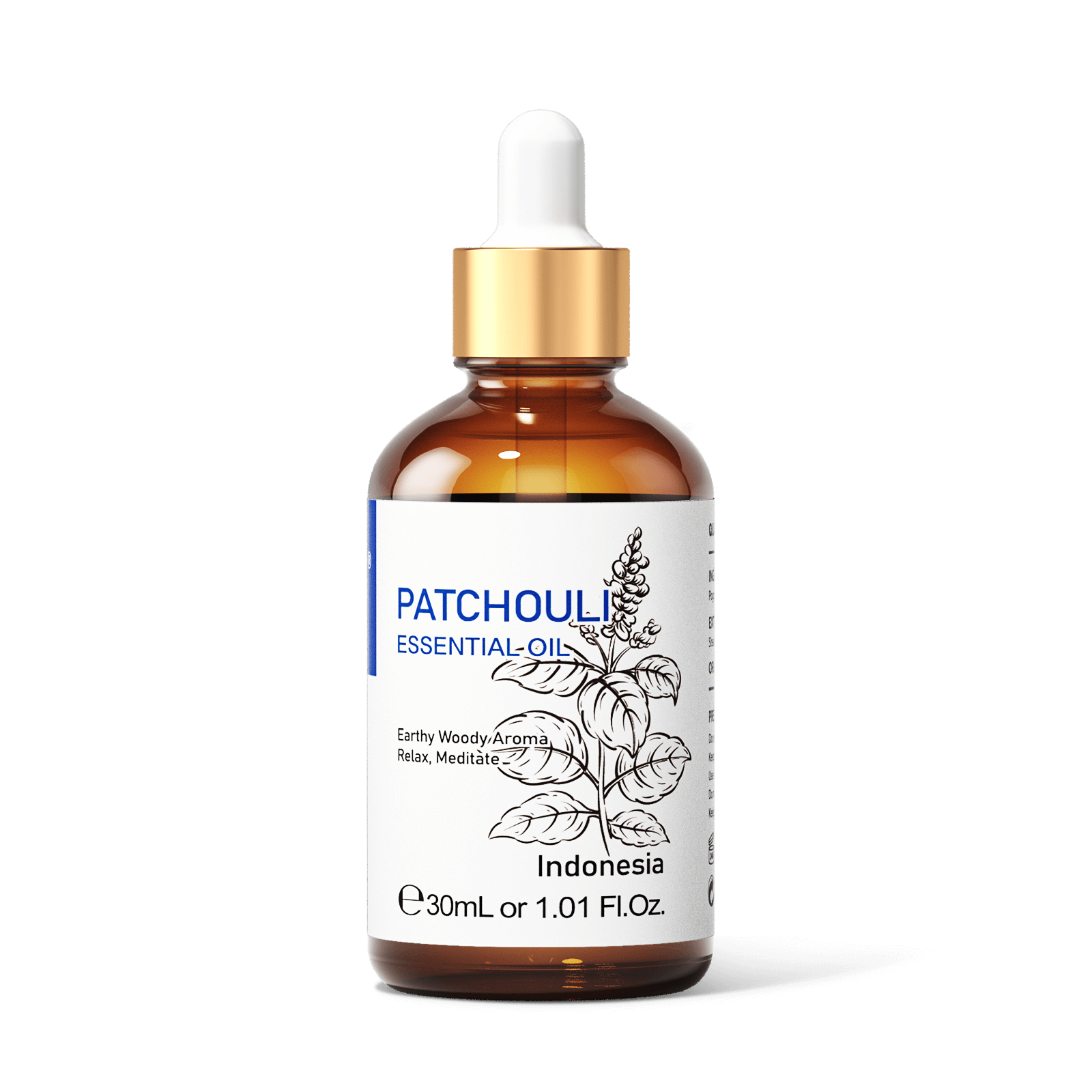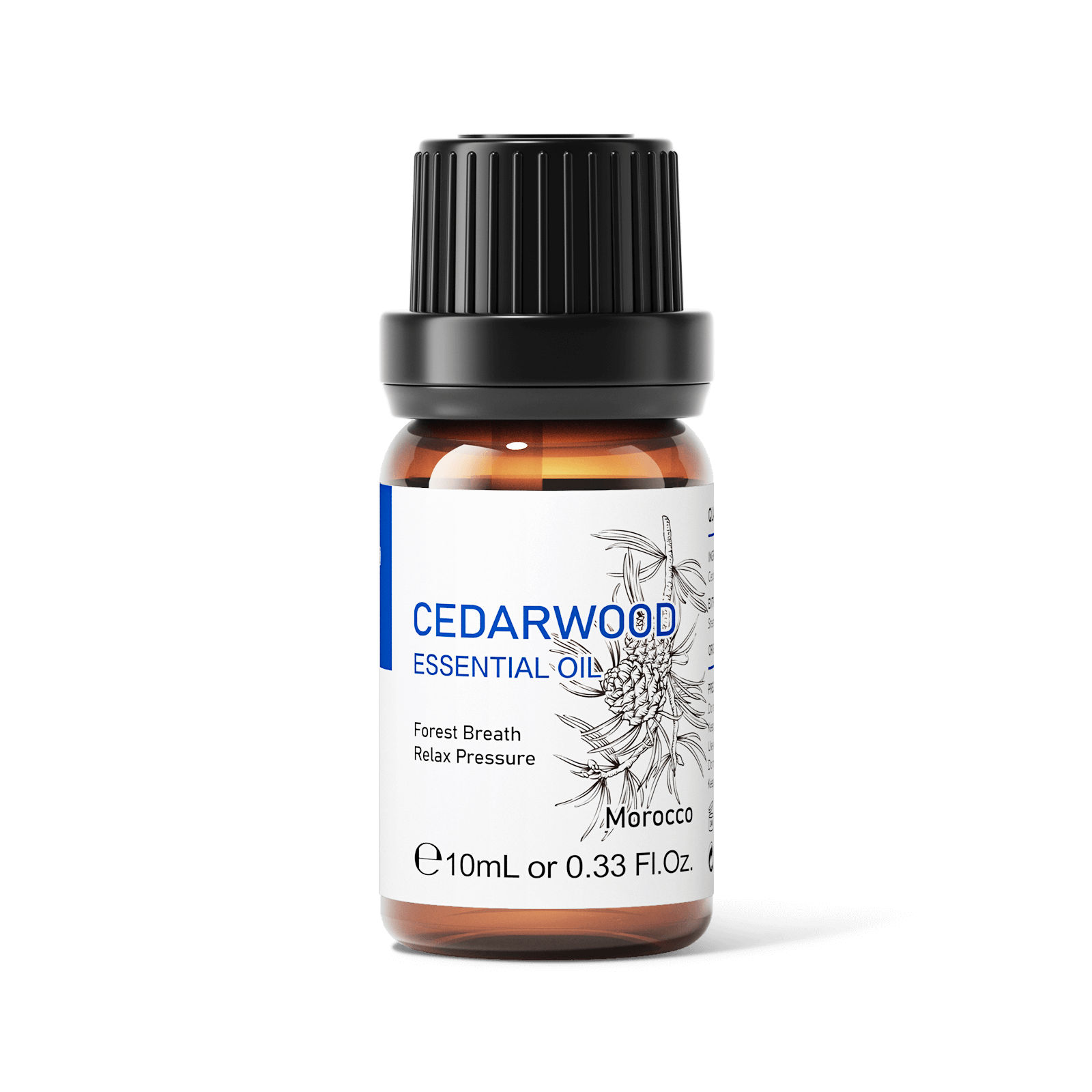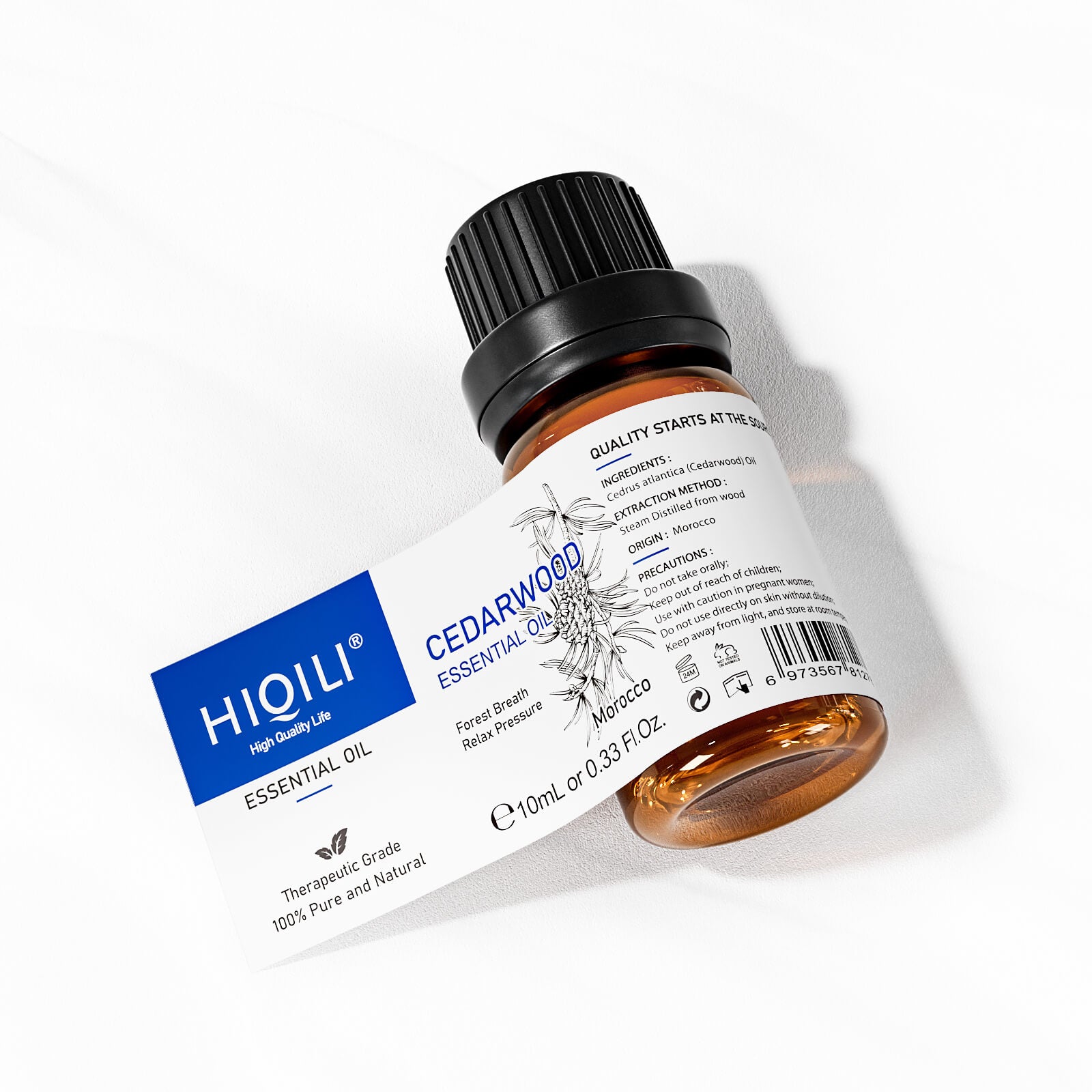So, you've decided to delve into the world of soap making. Congratulations! One of the most exciting aspects of creating your own soap is the ability to customize it with different scents and properties using essential oils.
What are Essential Oils?
Essential oils are extracts from plant concentrates that retain the natural aroma and beneficial properties of their source. They are extracted through methods like distillation or cold pressing and are cherished for their aromatic qualities and therapeutic benefits.
Importance of Essential Oils in Soap Making
Incorporating essential oils into soap making not only elevates the sensory experience but also introduces various health benefits. These oils can transform a simple bar of soap into a luxurious, spa-like treat, packed with natural goodness.
History of Essential Oils in Soap Making
Ancient Uses
For thousands of years, essential oils have been utilized, tracing their origins to ancient cultures like those of Egypt, Greece, and Rome. These cultures utilized essential oils for their aromatic and medicinal properties in bathing rituals and skin care.
Modern Trends
Currently, there has been a revival in the incorporation of essential oils into soap crafting, fueled by an increasing fascination with natural and holistic approaches to wellness. Artisanal soap makers and hobbyists alike are turning to essential oils to create unique and beneficial soap products.
Benefits of Using Essential Oils for Soap Making
Aromatherapy Benefits
Essential oils possess fragrant qualities that can significantly influence emotional states and overall wellness. For example, lavender oil is recognized for its soothing effects, whereas citrus oils such as lemon and orange are known to energize and elevate spirits.
Skin Care Benefits
Many essential oils have skin-loving properties, making them ideal for soap making. For instance, tea tree oil is well-known for its ability to combat bacteria and fungi, making it an excellent choice for those with acne-prone skin. Similarly, chamomile oil is soothing and anti-inflammatory, perfect for sensitive skin.
Natural Preservatives
Natural preservatives can be provided by essential oils, allowing your homemade soaps to last longer without relying on artificial additives.
Popular Essential Oils for Soap Making
Lavender Essential Oil
Lavender oil is a staple in soap making due to its versatile benefits and pleasant scent. It is recognized for its soothing and tranquil properties, which makes it perfect for baths before sleep.
Tea Tree Essential Oil
Tea tree oil boasts strong antibacterial and antifungal qualities, making it an excellent choice for soaps designed for oily or acne-prone skin.
Peppermint Essential Oil
Peppermint oil provides a revitalizing and uplifting aroma, making it a favored option for early morning baths. Additionally, it produces a cooling sensation that can be especially comforting during warm weather.
Eucalyptus Essential Oil
Eucalyptus oil is well-known for its advantages for respiratory health. It aids in unclogging nasal passages and serves as an excellent ingredient in soaps during the cold and flu season.
Lemon Essential Oil
Lemon oil has a bright, zesty scent that can uplift the mood and provide a burst of freshness. It's also known for its antibacterial properties, making it a good choice for cleansing soaps.
Rosemary Essential Oil
Rosemary oil has a woody, herbaceous aroma and is often used for its stimulating and refreshing properties. It's great for invigorating the senses and improving concentration.
Choosing the Right Essential Oils for Soap Making
Understanding Scent Profiles
When choosing essential oils, it's crucial to take into account the fragrance characteristics and how they will harmonize with other oils. Some oils have a strong, overpowering scent, while others are more subtle.
Essential Oils Base Notes
Base notes are the foundation of any fragrance blend. They are the longest-lasting part of a scent and provide depth and richness to your soap. Common essential oils used for base notes include:
- Patchouli: Known for its earthy and musky aroma, patchouli is a grounding base note that adds a rich depth to soap fragrances.
- Cedarwood: With a woody and balsamic scent, cedarwood is calming and grounding, making it a popular choice for base notes.
- Sandalwood: Sandalwood offers a creamy and woody aroma, providing a luxurious and long-lasting base note.
- Vetiver: Vetiver has a deep, smoky, and earthy scent, often used to anchor lighter, more volatile top notes.
- Frankincense: This resinous oil adds a rich, balsamic fragrance that is both grounding and uplifting.
Essential Oils Top Notes
The initial fragrances you detect are the top notes, which tend to be bright, airy, and invigorating. These scents dissipate rapidly and play a crucial role in creating the fragrance's first impression. Common essential oils used for top notes include:
- Lemon: Bright and zesty, lemon oil provides a refreshing and invigorating top note.
- Peppermint: With a cool and minty scent, peppermint oil is both stimulating and refreshing.
- Eucalyptus: Renowned for its crisp and refreshing aroma, eucalyptus oil offers a revitalizing and purifying experience.
- Bergamot: A citrusy and slightly floral scent, bergamot oil is uplifting and energizing.
- Grapefruit: Sweet and tangy, grapefruit oil offers a fresh and lively top note.
Essential Oils Top/Mid Notes
These essential oils can act as both top and mid notes, providing a bridge between the initial impression and the longer-lasting middle and base notes. They add complexity and richness to the fragrance blend. Common essential oils used for top/mid notes include:
- Lavender: With its floral and herbaceous scent, lavender oil is versatile and can act as both a top and mid note.
- Geranium: A rosy and green scent, geranium oil adds freshness and balance.
- Cardamom: Spicy and sweet, cardamom oil provides warmth and complexity.
- Juniper Berry: Fresh and woody, juniper berry oil offers a crisp and clean aroma.
- Neroli: With a sweet, floral, and citrusy scent, neroli oil adds a touch of elegance.
Essential Oils Mid Notes
The mid notes, also known as heart notes, constitute the central part of the scent and have a longer duration than the top notes. They add body and fullness to the scent. Common essential oils used for mid notes include:
- Rose: A classic floral scent, rose oil is rich and romantic, forming a strong heart note.
- Chamomile: With a sweet, apple-like aroma, chamomile oil is soothing and calming.
- Ylang Ylang: With its unique and floral fragrance, ylang ylang oil contributes a rich and sweet heart note.
- Clary Sage: Earthy and herbaceous, clary sage oil provides a grounding and balancing heart note.
- Jasmine: Intensely floral and sweet, jasmine oil is sensual and rich, making it a prominent mid note.
Tips for Choosing Base Notes for Soap Making
When choosing base notes for your soap, consider the following tips:
- Longevity: Base notes should provide lasting fragrance. Oils like sandalwood and vetiver are known for their longevity.
- Complementary Scents: Ensure the base notes complement the top and mid notes. This creates a balanced and harmonious fragrance.
- Purpose: Think about the purpose of the soap. For relaxing soaps, opt for calming base notes like cedarwood. For invigorating soaps, choose grounding yet uplifting notes like frankincense.
- Personal Preference: Ultimately, your preference plays a key role. Choose scents you love and enjoy.
Skin Sensitivities and Allergies
Always consider possible skin sensitivities and allergic reactions. Because essential oils are highly concentrated, they must be applied cautiously, particularly on delicate skin.
Combining Oils for Custom Blends
Creating custom blends can be a fun way to personalize your soaps. Try out various combinations to discover a mix that aligns with your tastes and requirements.
How to Mix Essential Oils for Soap Making
Cold Process Soap
In cold process soap making, essential oils are added after the soap has reached trace. This ensures that the oils maintain their quality and advantageous characteristics.
Melt and Pour Soap
For melt and pour soap, essential oils are added after the base has melted. This approach is ideal for newcomers because it is simple and saves time.
Hot Process Soap
In hot process soap making, essential oils are added after the cook, during the molding phase. This method ensures that the oils retain their potency despite the high heat involved in the process.
Safety Tips for Using Essential Oils
Dilution Ratios
Essential oils possess a high concentration and must be appropriately diluted prior to application. A typical recommendation is to mix 0.5 to 1 ounce of essential oil for every pound of soap base.
Patch Testing
It's advisable to conduct a patch test prior to using a new essential oil to check for any negative reactions. To do this, apply a tiny amount of the diluted oil on your skin and observe for any signs of irritation.
Safe Storage
To maintain their effectiveness and prolong their lifespan, essential oils ought to be kept in dark glass containers, shielded from direct sunlight and heat sources.
DIY Soap Making Recipes with Essential Oils
Relaxing Lavender Soap
Ingredients:
- 1 lb melt and pour soap base
- 1 tbsp lavender essential oil
- Dried lavender buds (optional)
Instructions:
- Melt the soap base.
- Stir in the lavender essential oil.
- Pour into molds and sprinkle with dried lavender buds.
- Allow to set before unmolding.
Invigorating Peppermint Soap
Ingredients:
- 1 lb melt and pour soap base
- 1 tbsp peppermint essential oil
Instructions:
- Melt the soap base.
- Stir in the peppermint essential oil.
- Pour into molds and allow to set.
Soothing Chamomile and Tea Tree Soap
Ingredients:
- 1 lb melt and pour soap base
- 1 tbsp tea tree essential oil
- 1 tbsp chamomile essential oil
- Dried chamomile flowers (optional)
Instructions:
- Melt the soap base.
- Stir in the essential oils.
- Pour into molds and sprinkle with dried chamomile flowers.
- Allow to set before unmolding.
Citrus Sunshine Soap
Ingredients:
- 1 lb melt and pour soap base
- 1 tbsp lemon essential oil
- 1 tbsp orange essential oil
- Zest of one lemon (optional)
Instructions:
- Melt the soap base.
- Stir in the essential oils and lemon zest.
- Pour into molds and allow to set.
Sourcing Quality Essential Oils
Organic vs. Non-Organic
Essential oils that are organic come from plants cultivated without the use of synthetic pesticides or fertilizers, which makes them a more environmentally friendly option. However, non-organic oils can also be of high quality if sourced responsibly.
Common Mistakes to Avoid
Overusing Essential Oils
Using too much essential oil can overpower the scent of your soap and may cause skin irritation. Stick to recommended usage guidelines.
Inadequate Mixing
Ensure that the essential oils are thoroughly mixed into the soap base to prevent uneven distribution of scent and properties.
Not Considering Oil Properties
Each essential oil has unique properties that can affect the soap. For example, some oils may accelerate trace in cold process soap making. Research the properties of each oil before use.
Conclusion
Incorporating essential oils into your soap making routine can elevate your creations to new heights. Whether you’re seeking therapeutic benefits or simply want to enjoy delightful scents, essential oils offer endless possibilities. So go ahead, experiment with different oils, and enjoy the process of crafting your unique soaps.
FAQs
Can I use any essential oil in soap making?
Not all essential oils are suitable for soap making. Some may cause skin irritation or have properties that don't blend well in soap. Always research and choose oils known to be safe for topical use.
How much essential oil should I use in my soap?
A general guideline is to use 0.5-1 ounce of essential oil per pound of soap base. This ensures a pleasant scent without overwhelming the senses or causing skin irritation.
Are essential oils safe for sensitive skin?
Some essential oils can cause reactions in sensitive skin. Always perform a patch test and consider using oils known for their gentle properties, such as chamomile or lavender.
What is the shelf life of soaps made with essential oils?
Soaps made with essential oils typically have a shelf life of about one year. Proper storage in a cool, dry place can help extend their longevity.
Can I mix different essential oils in one soap?
Yes, mixing different essential oils can create unique and delightful blends. Just ensure the total amount of essential oil does not exceed recommended guidelines.



